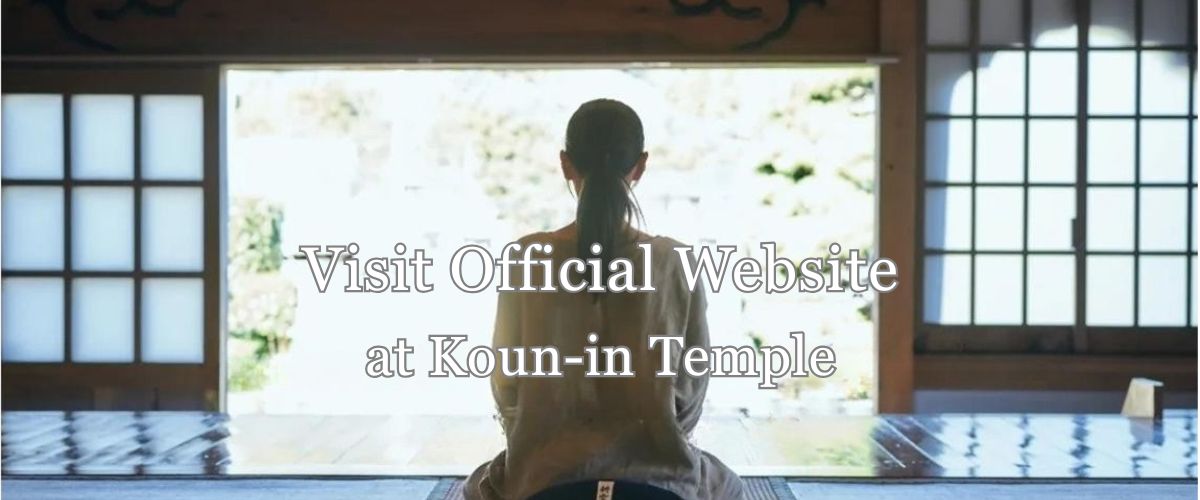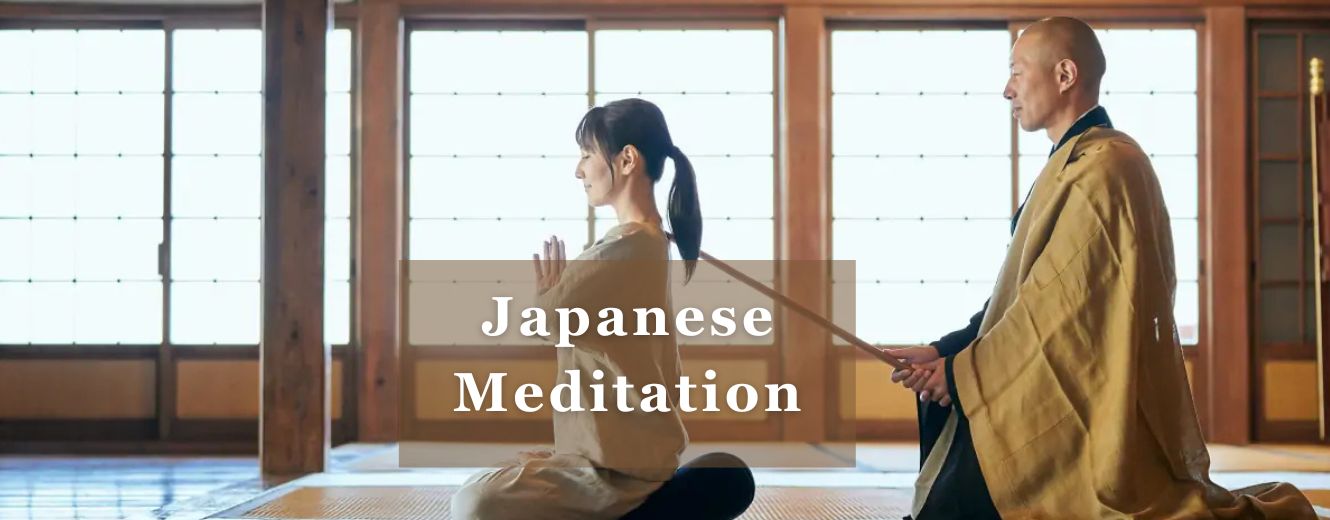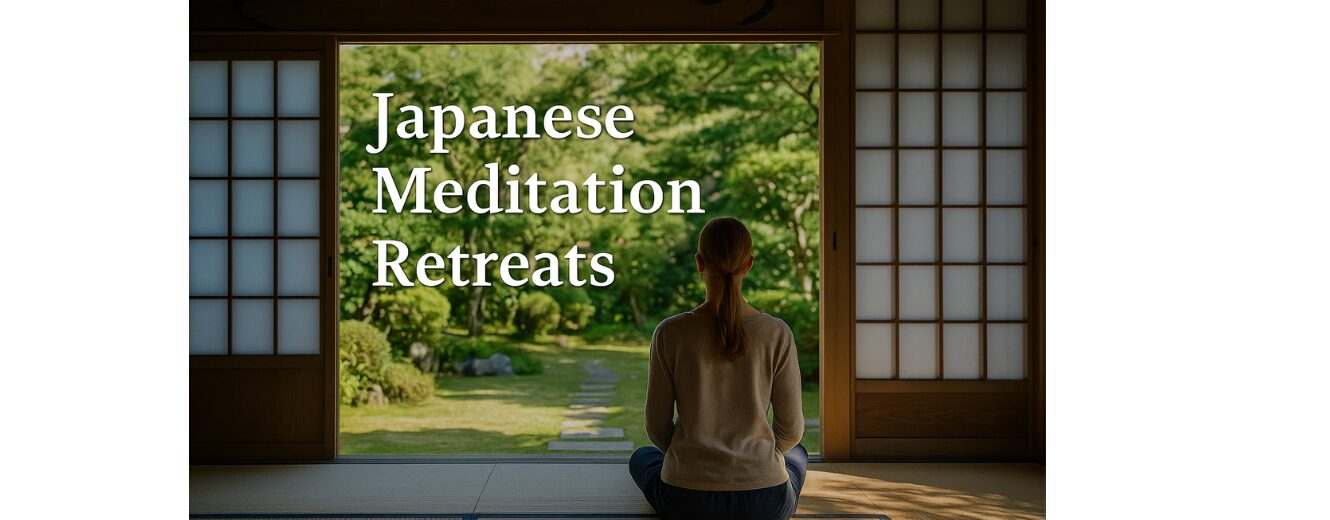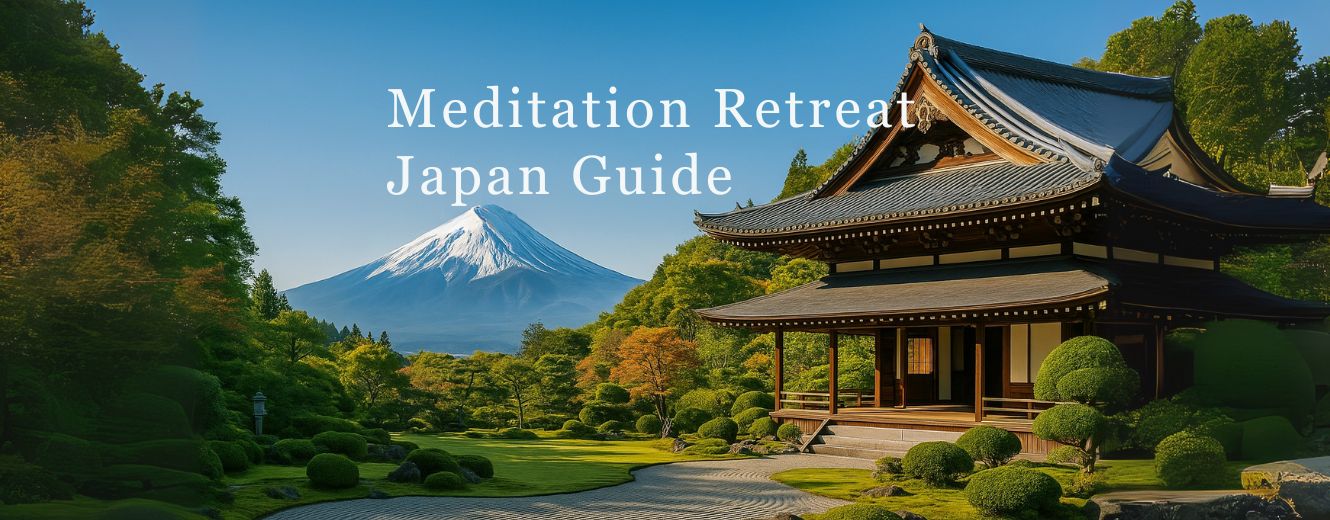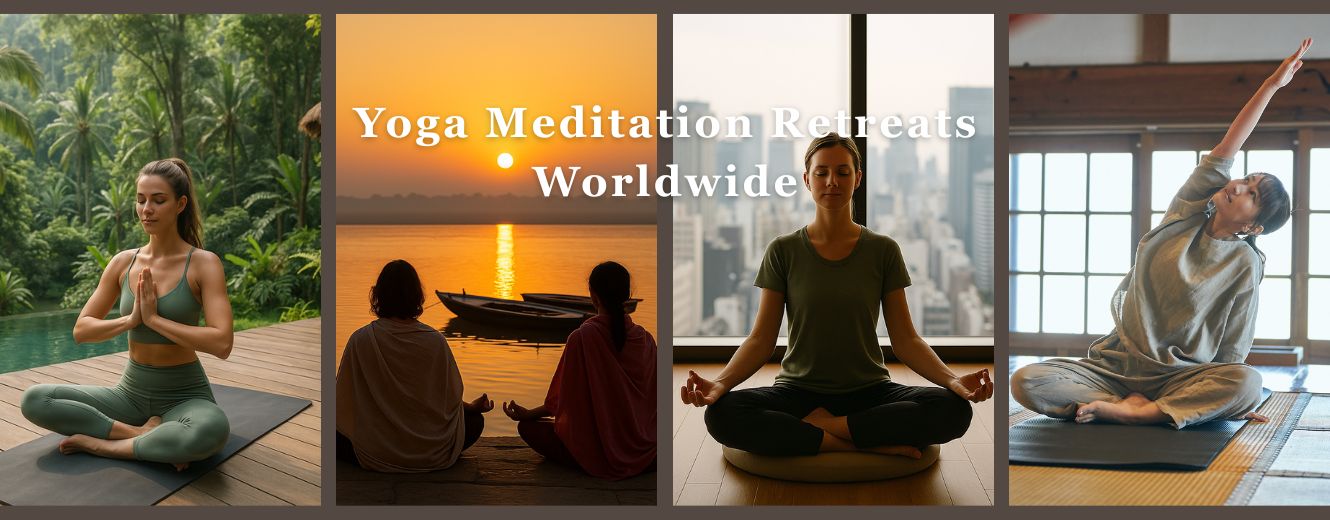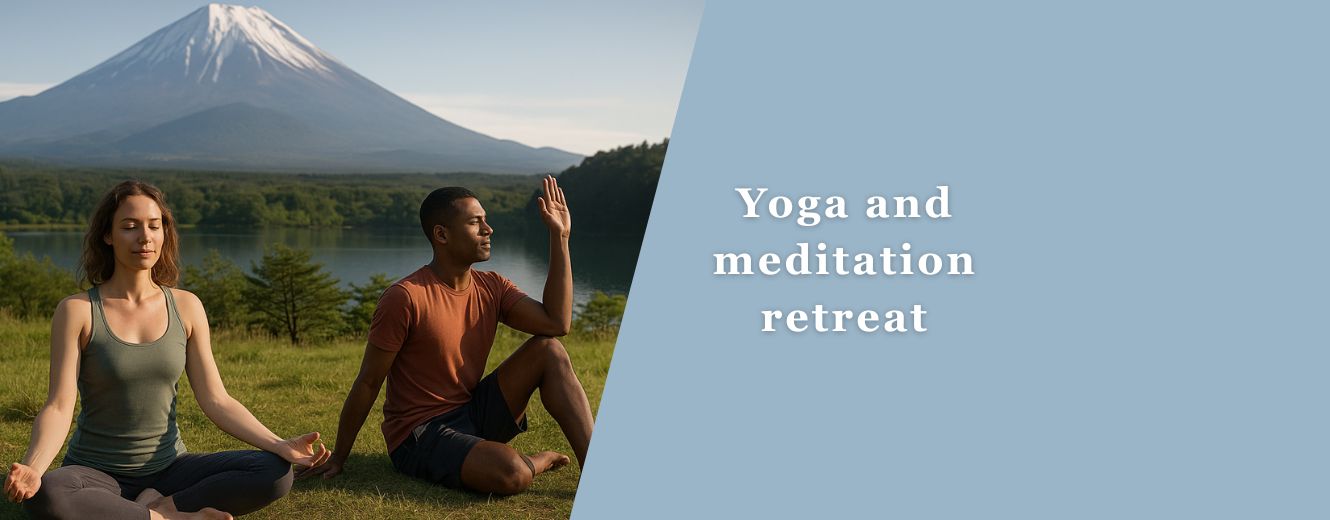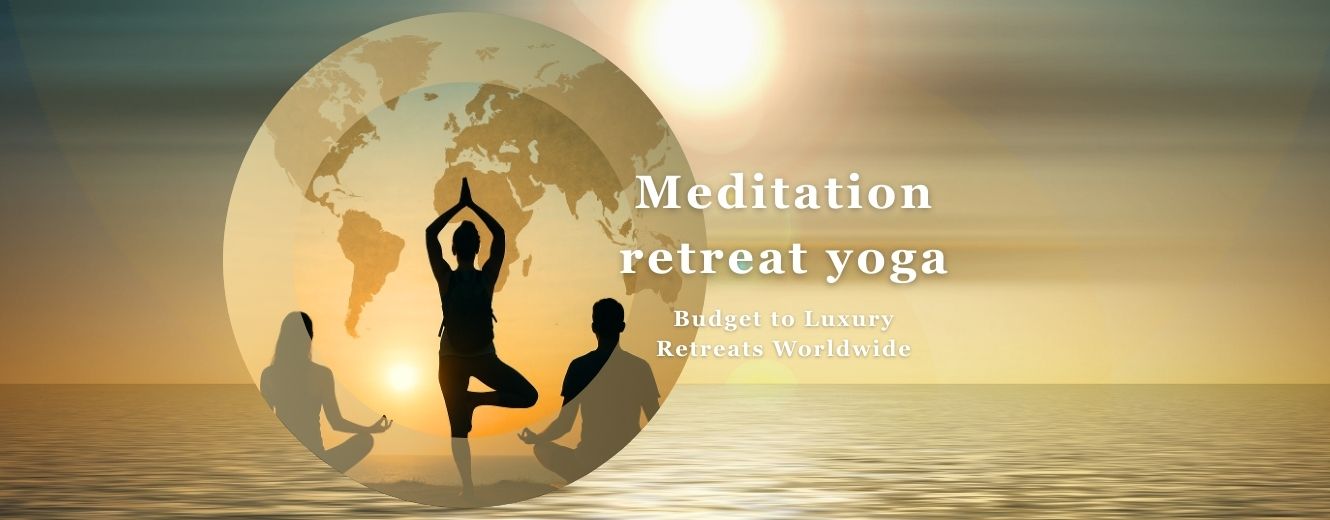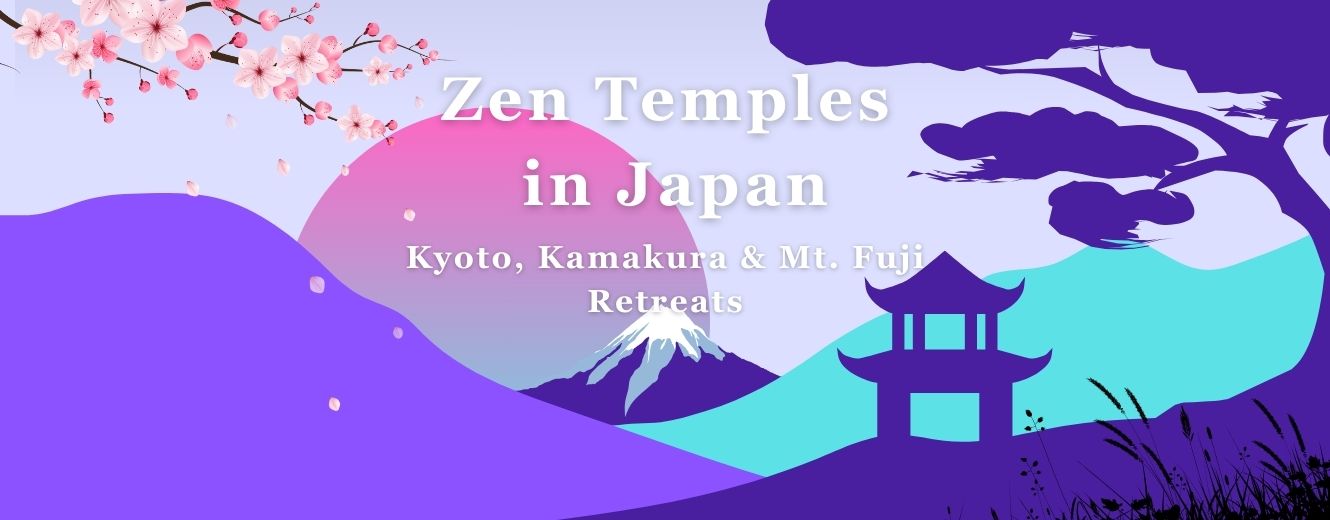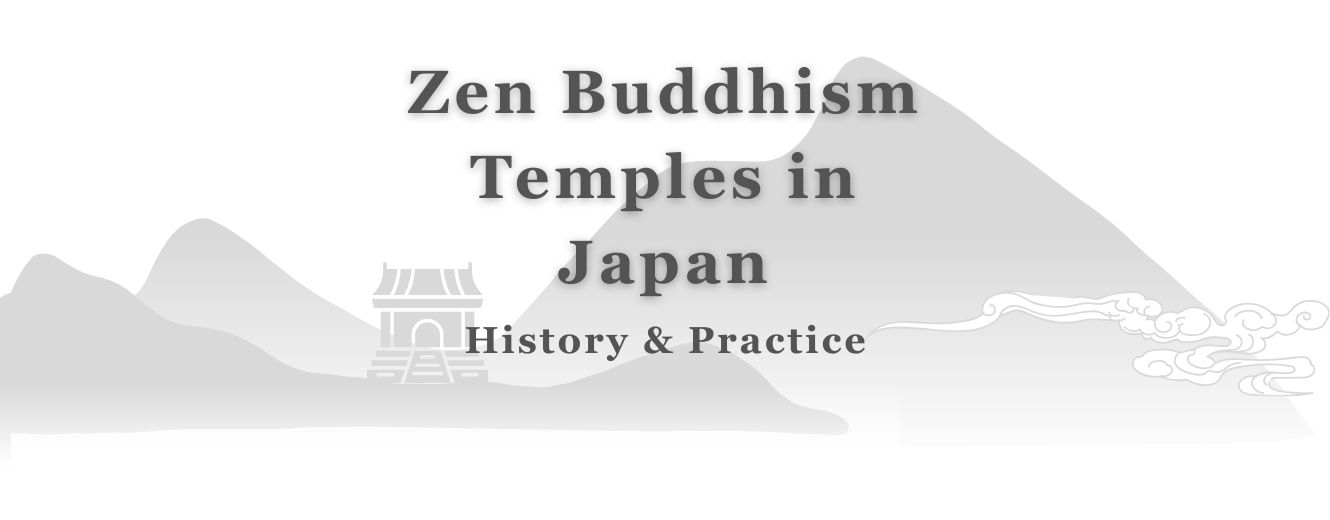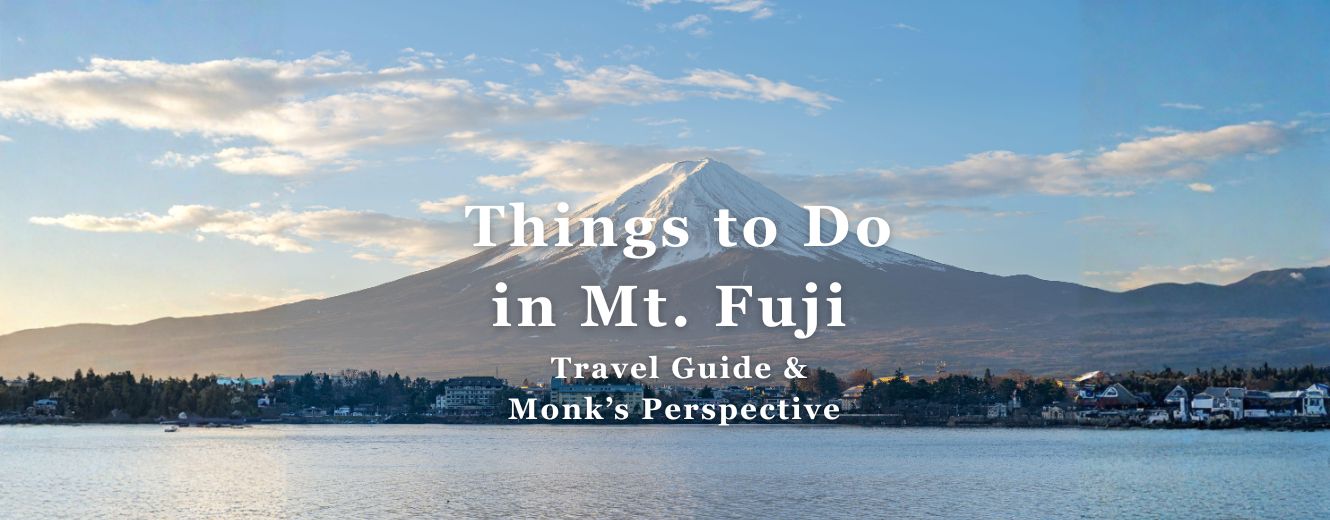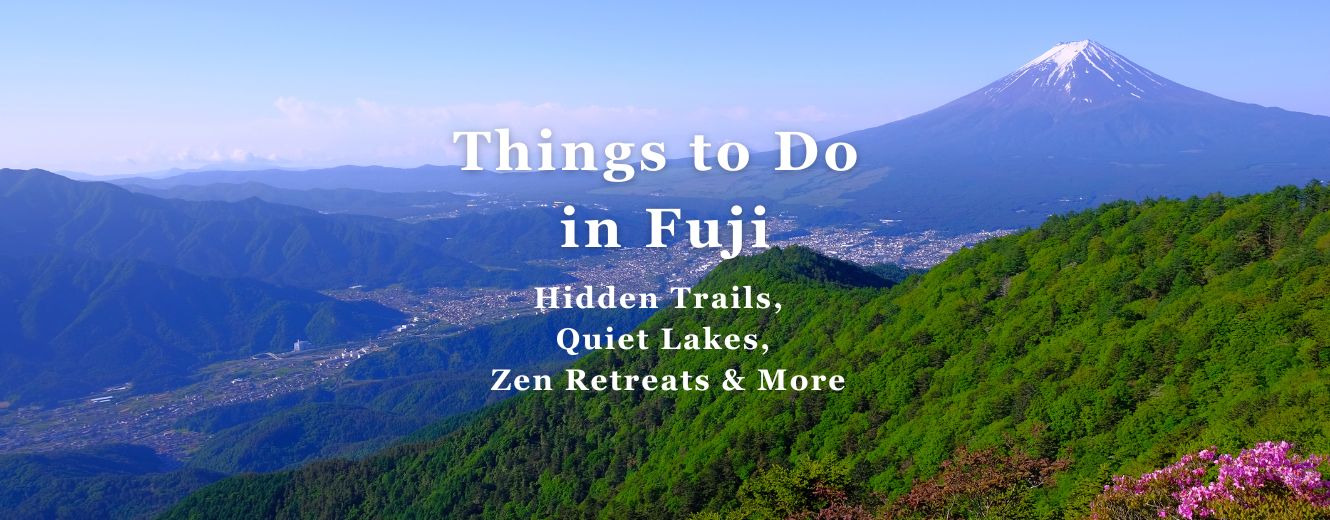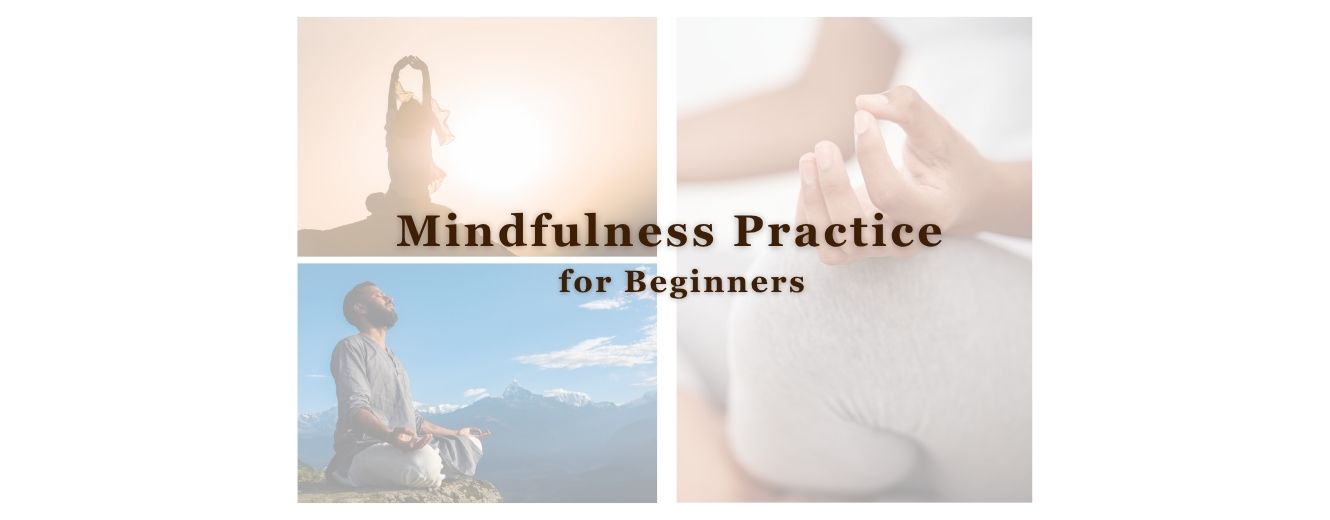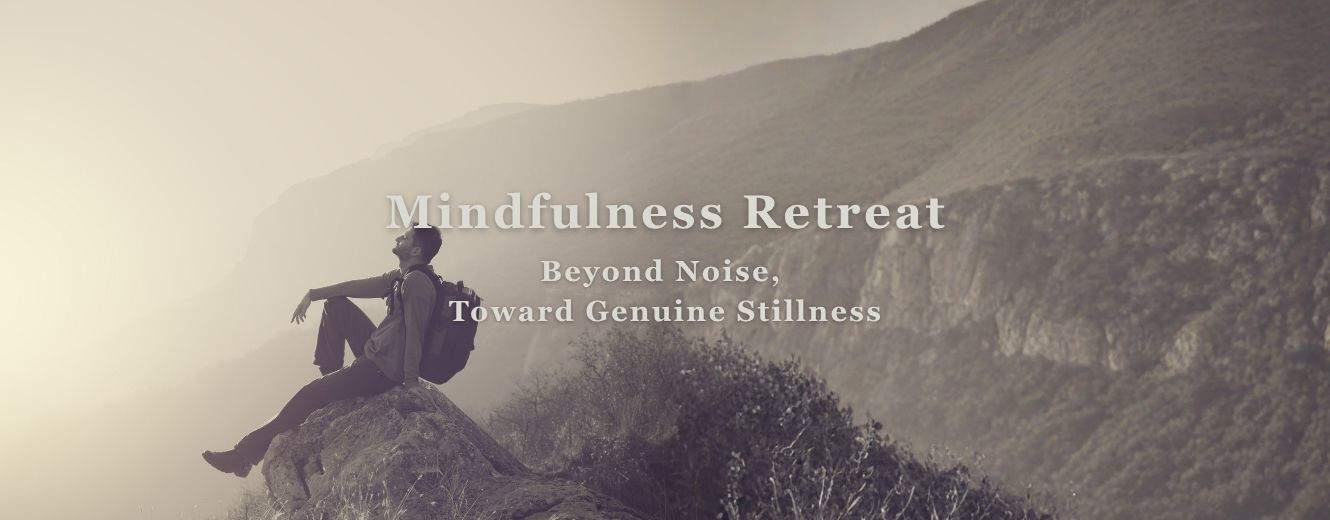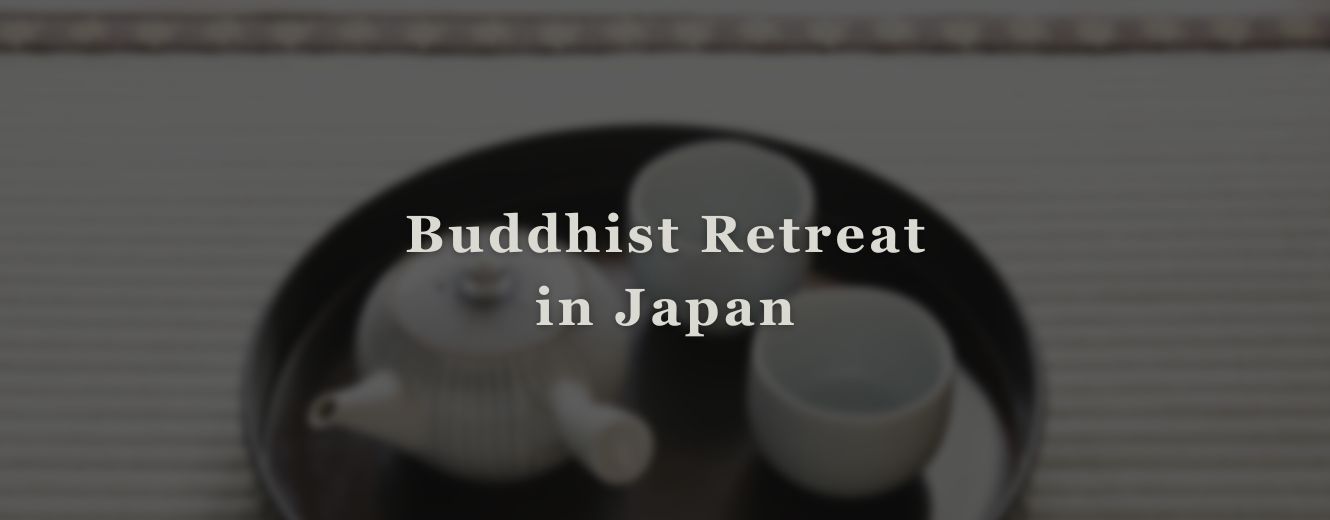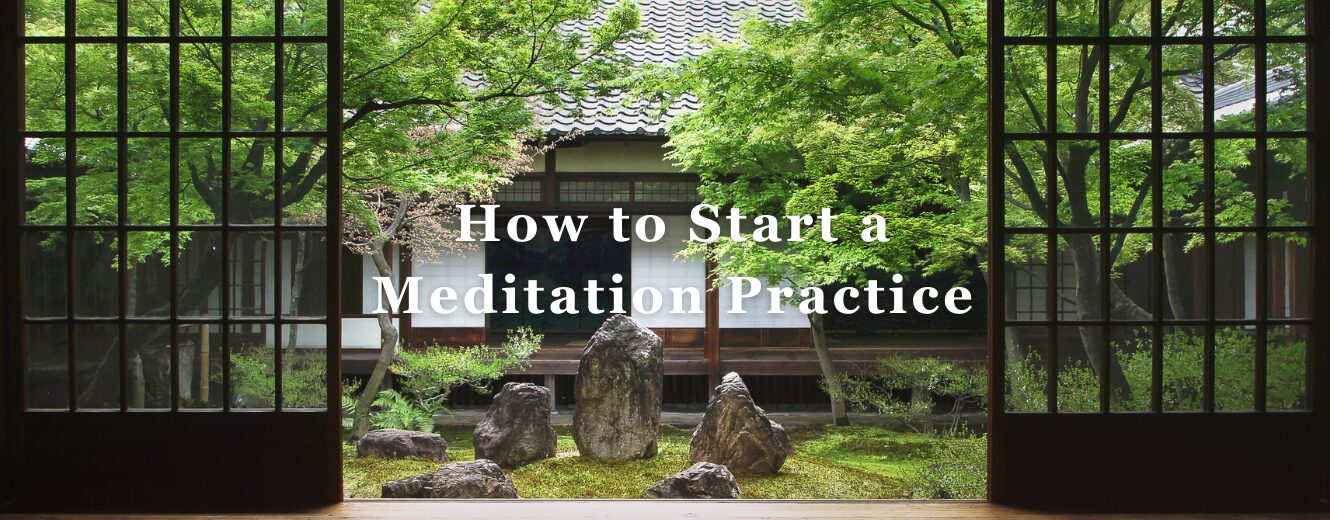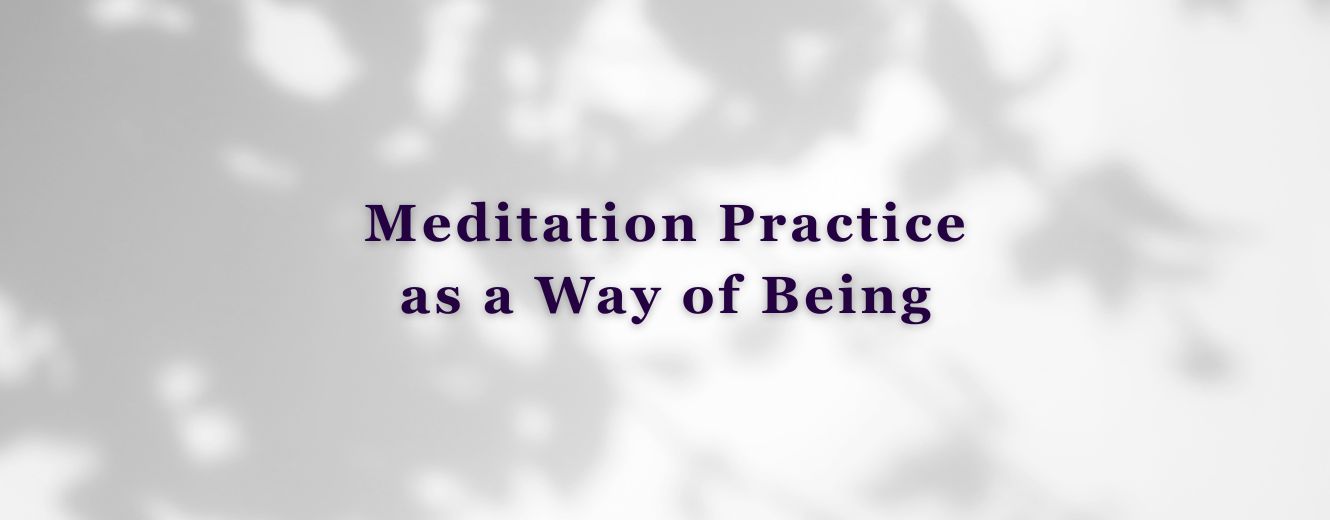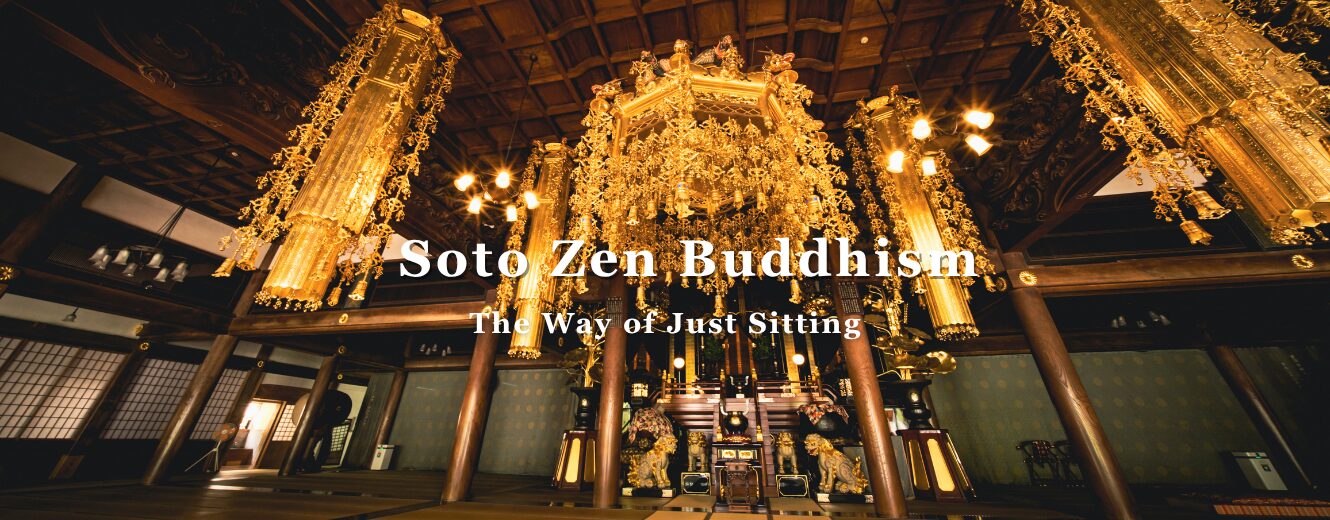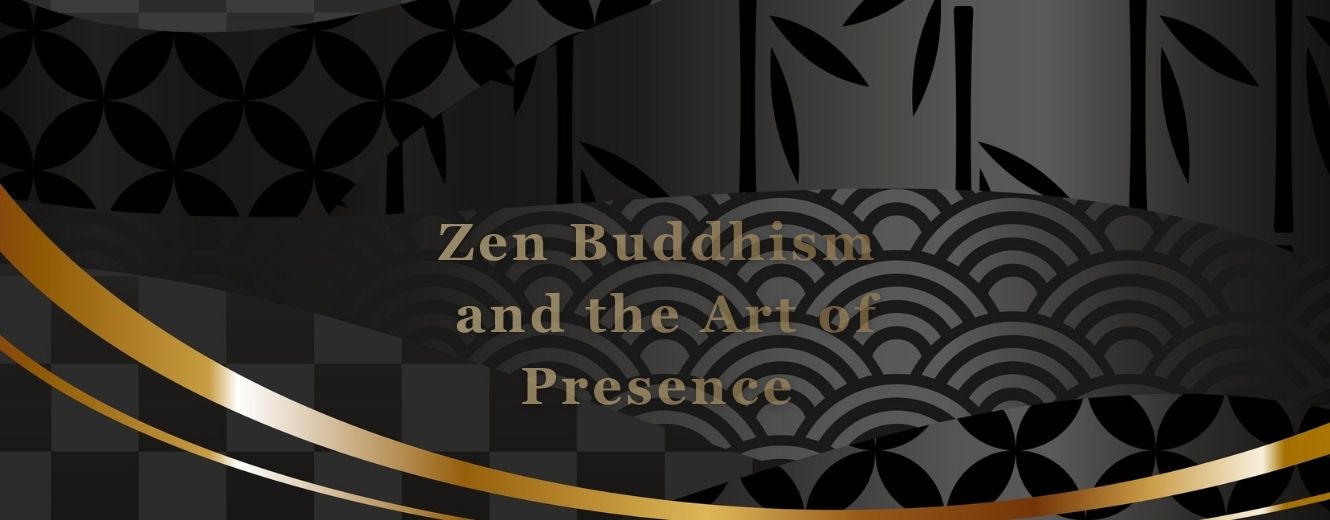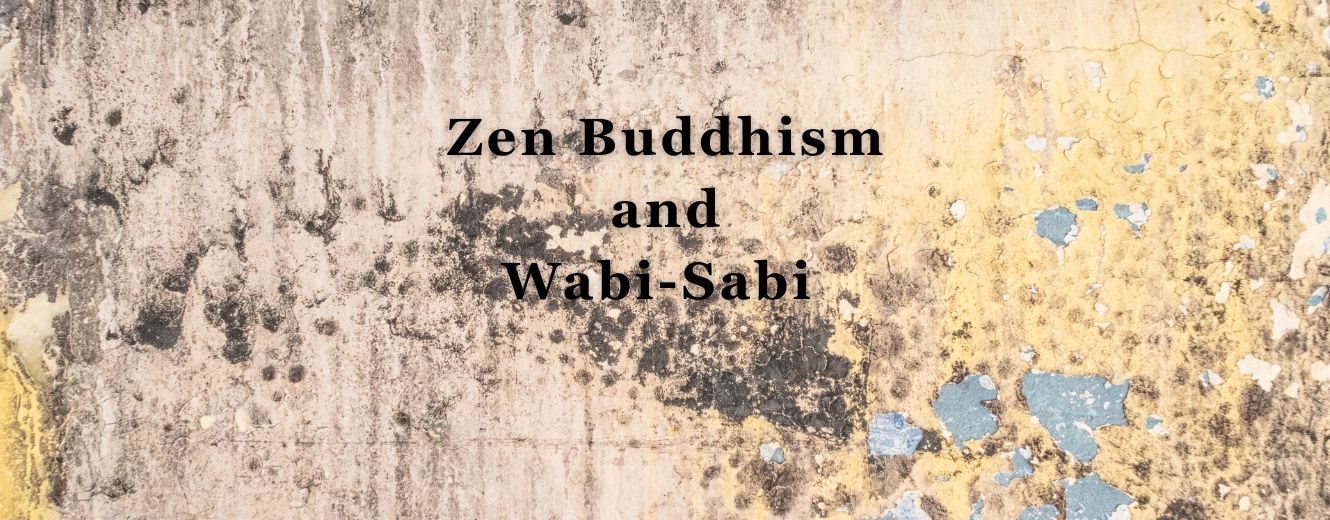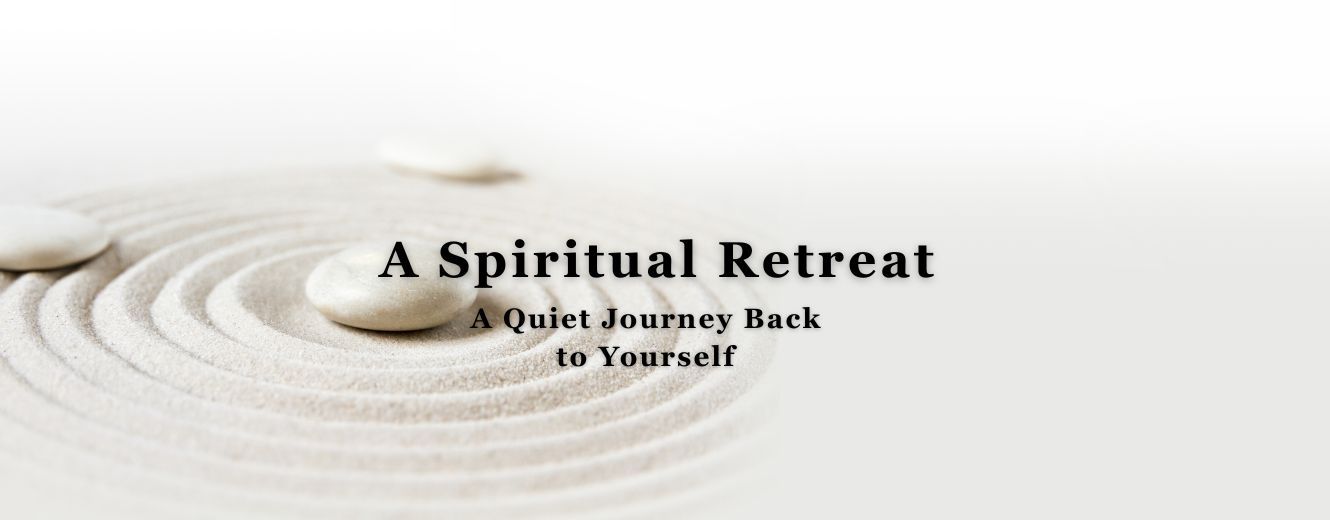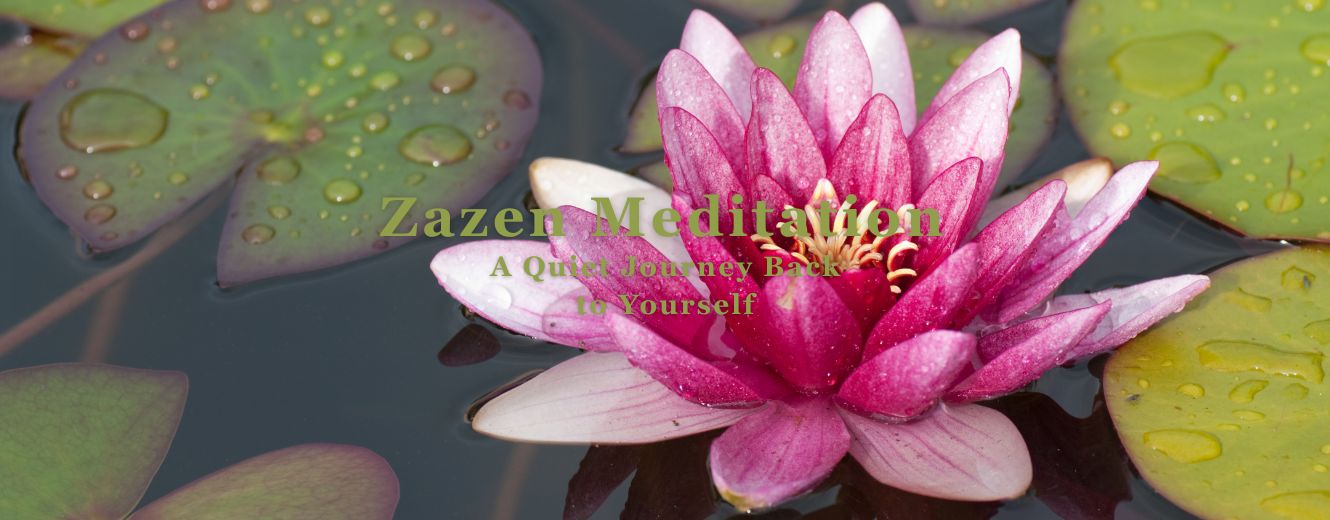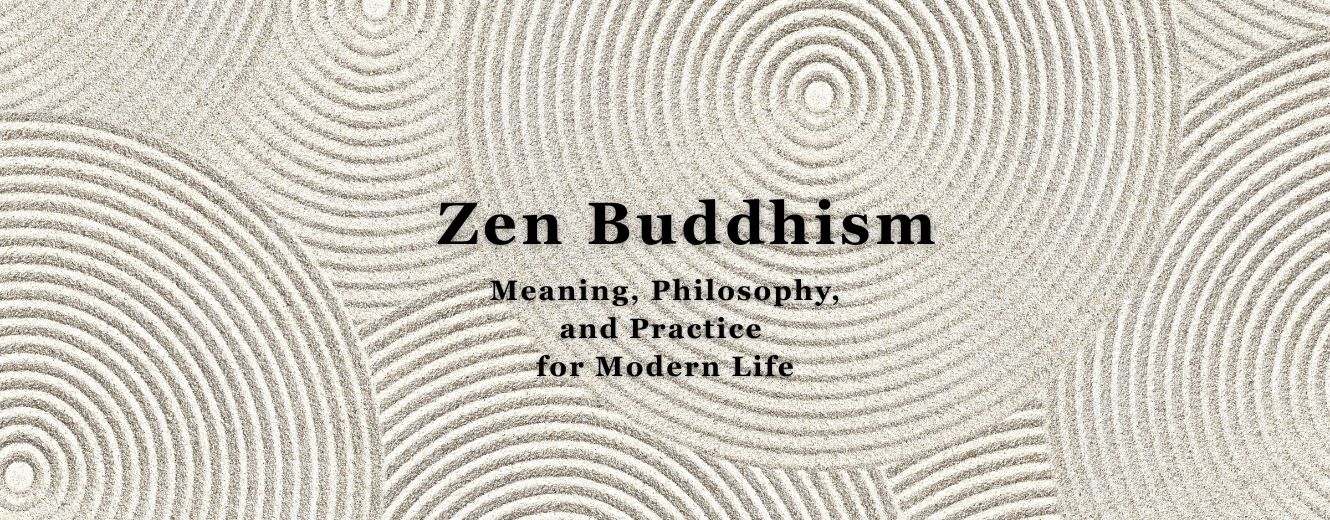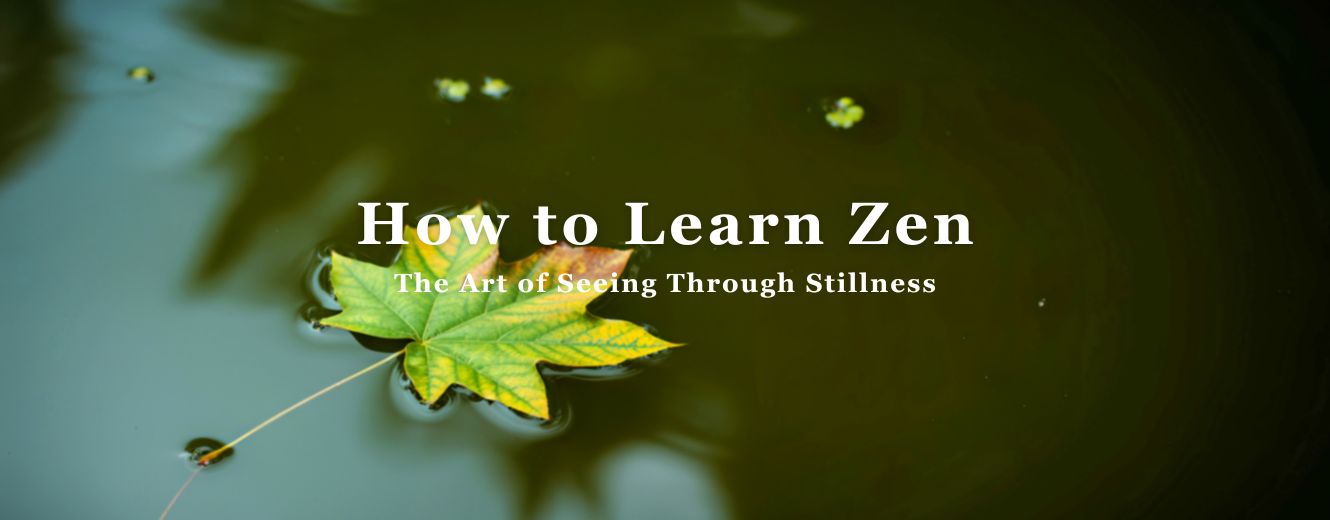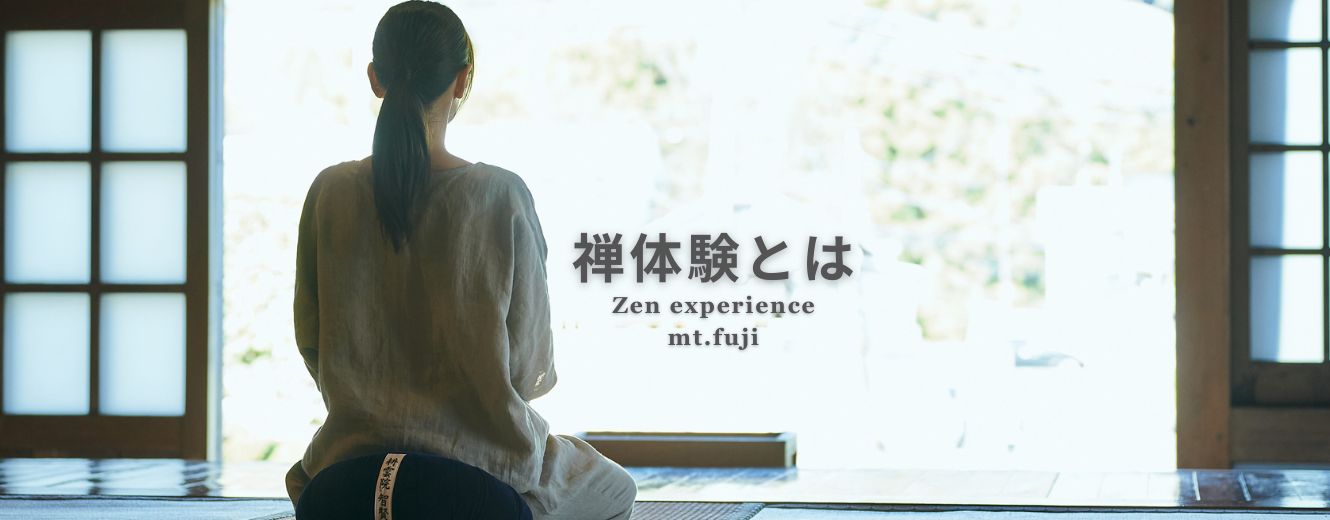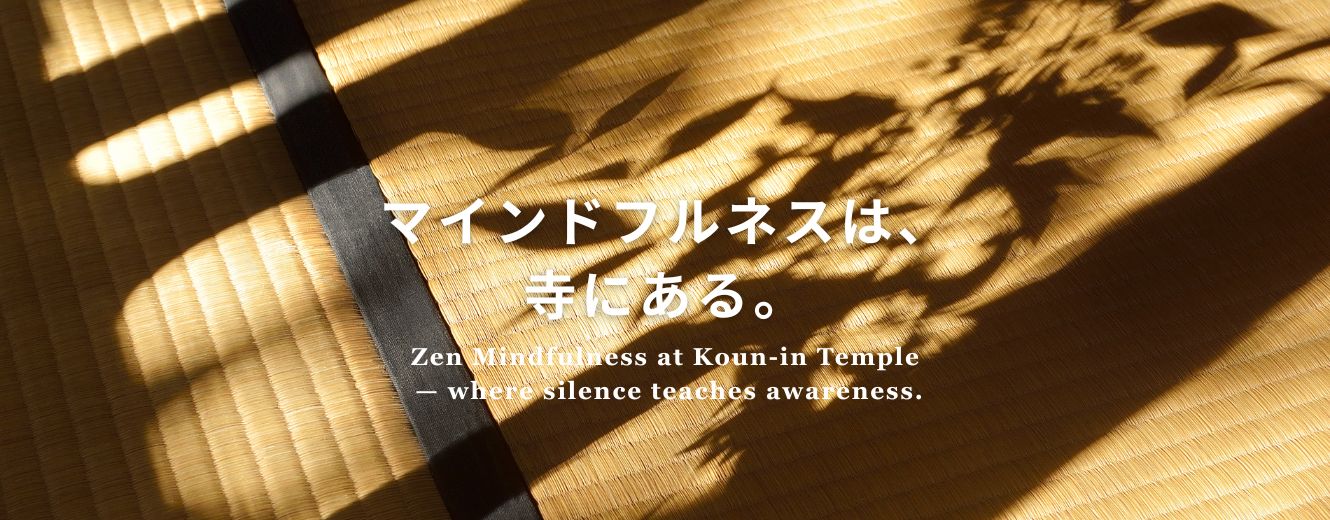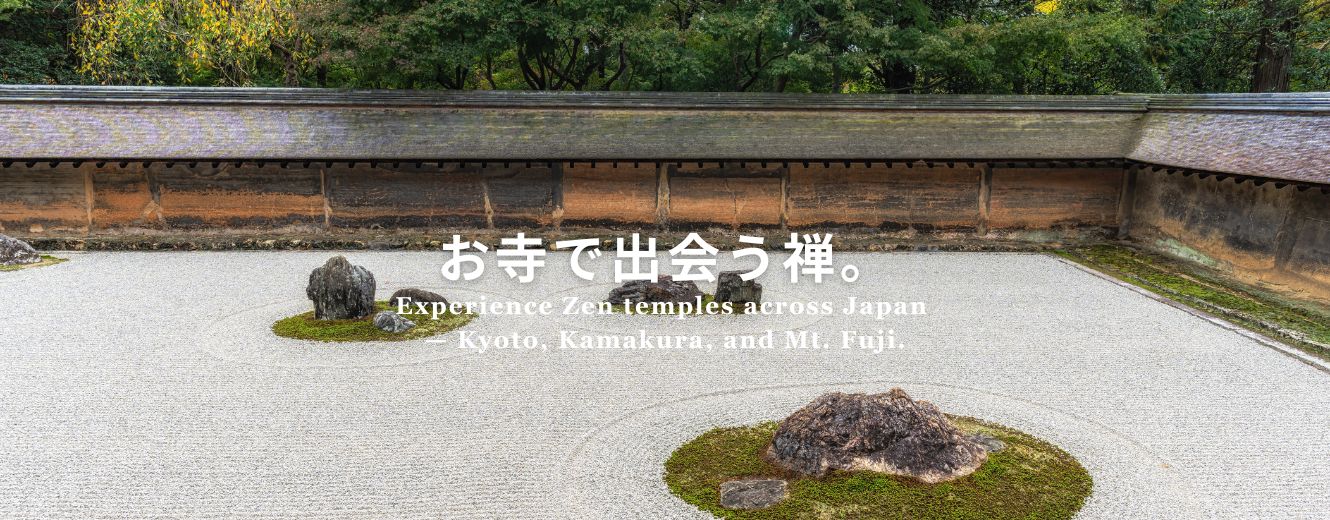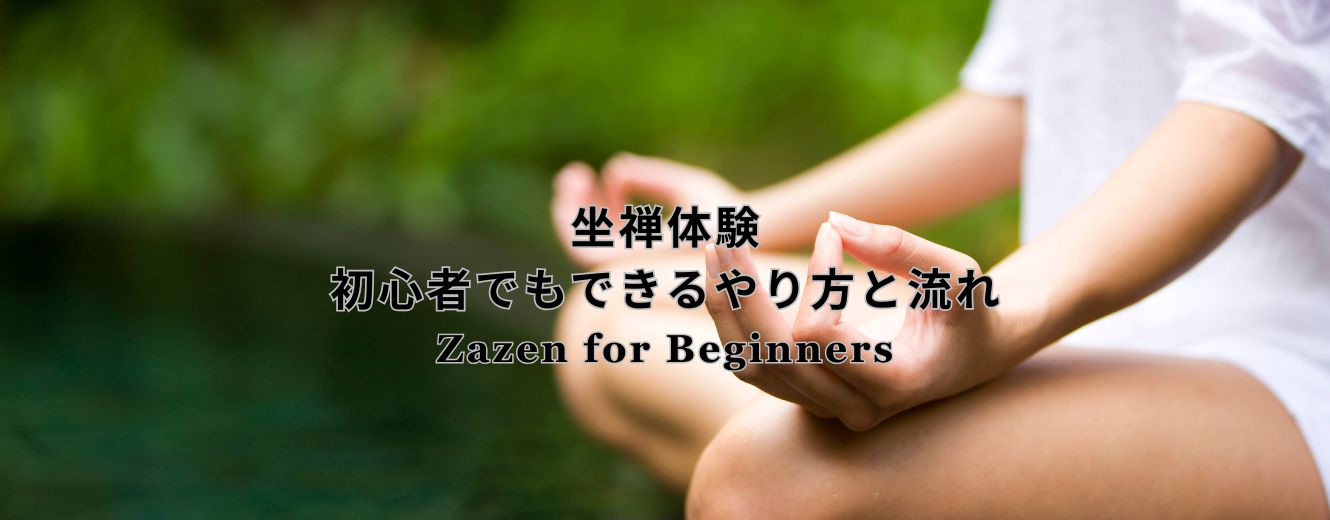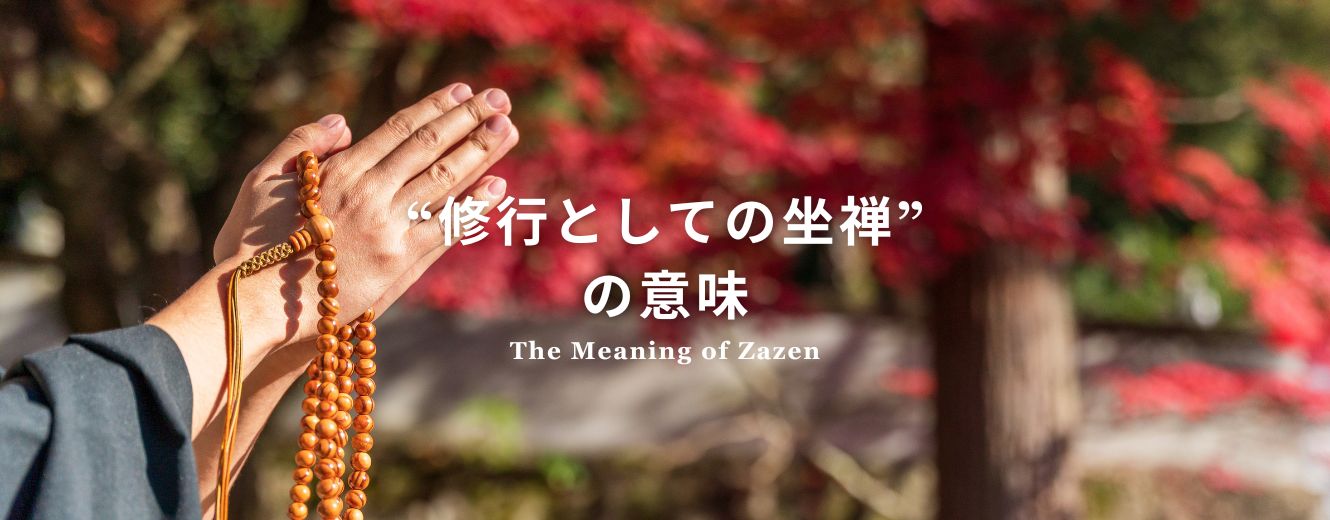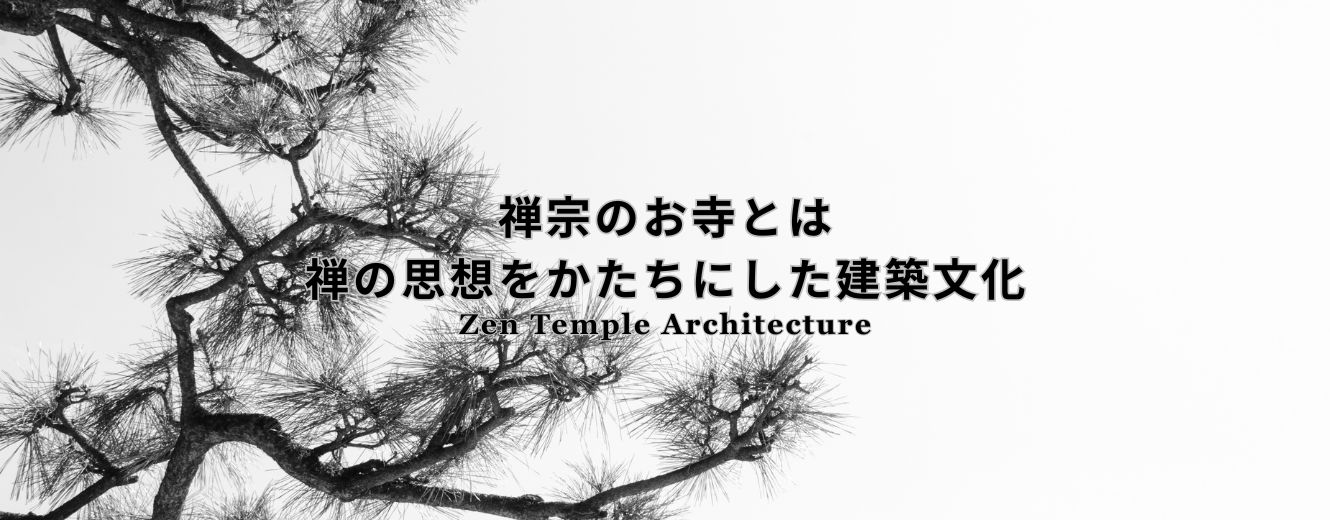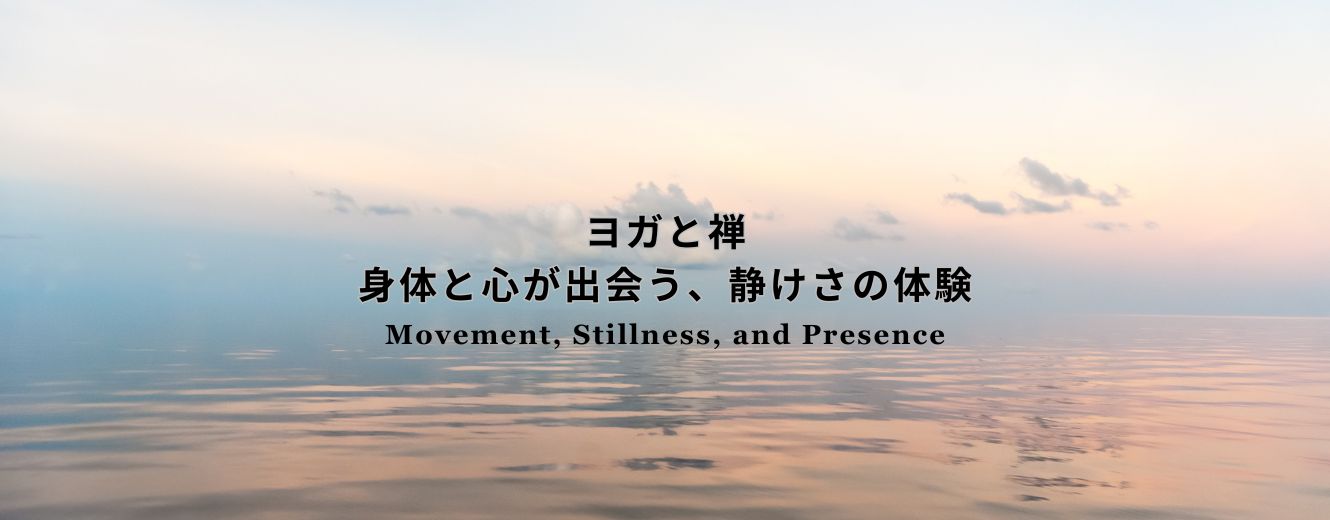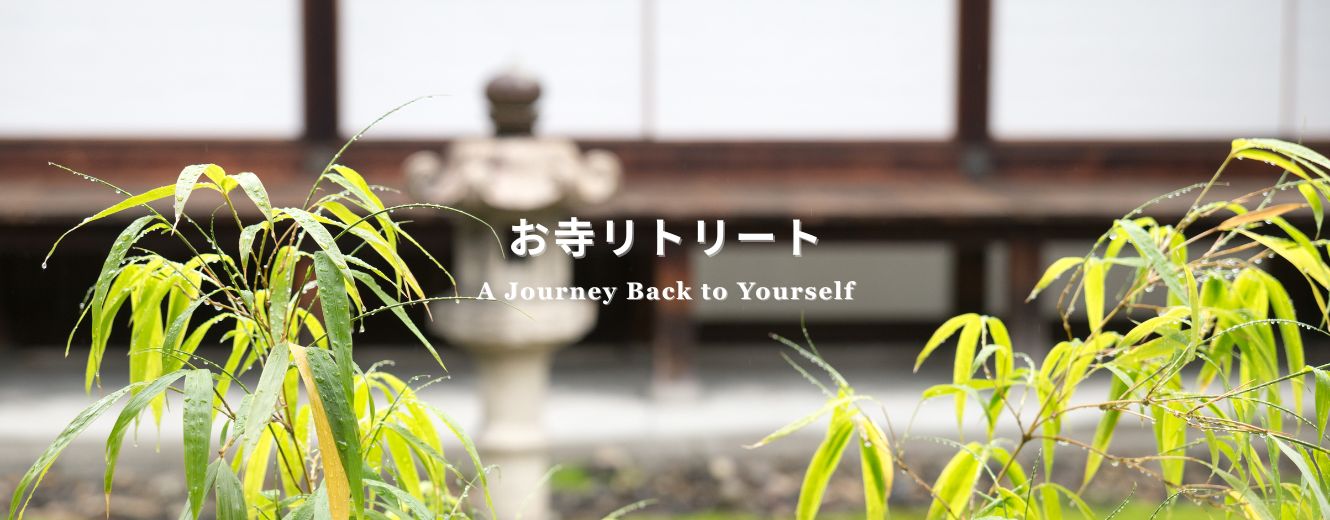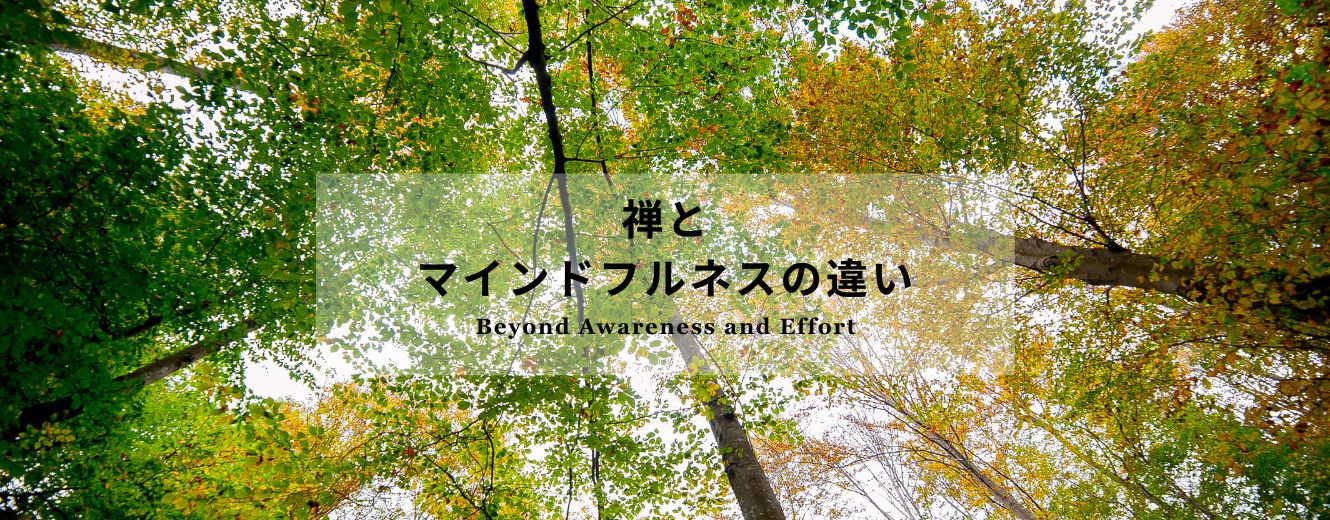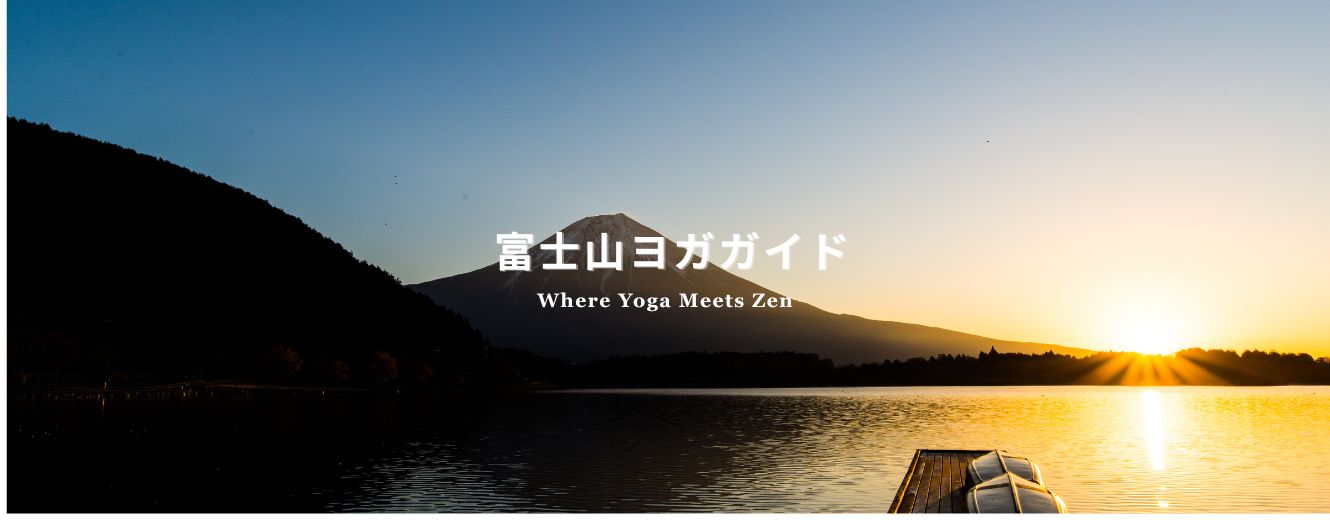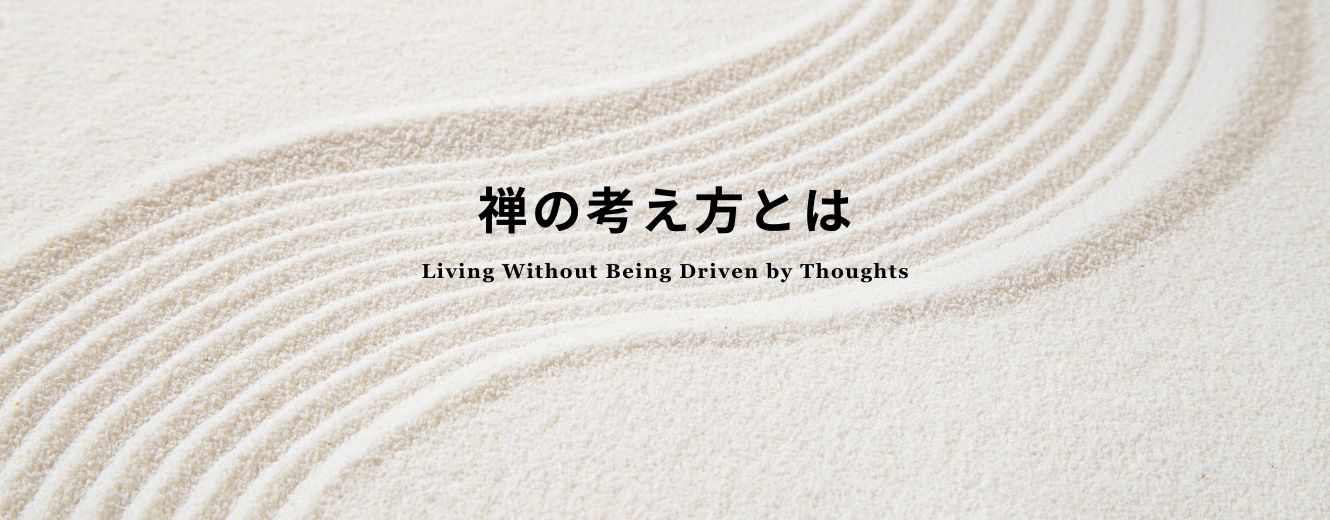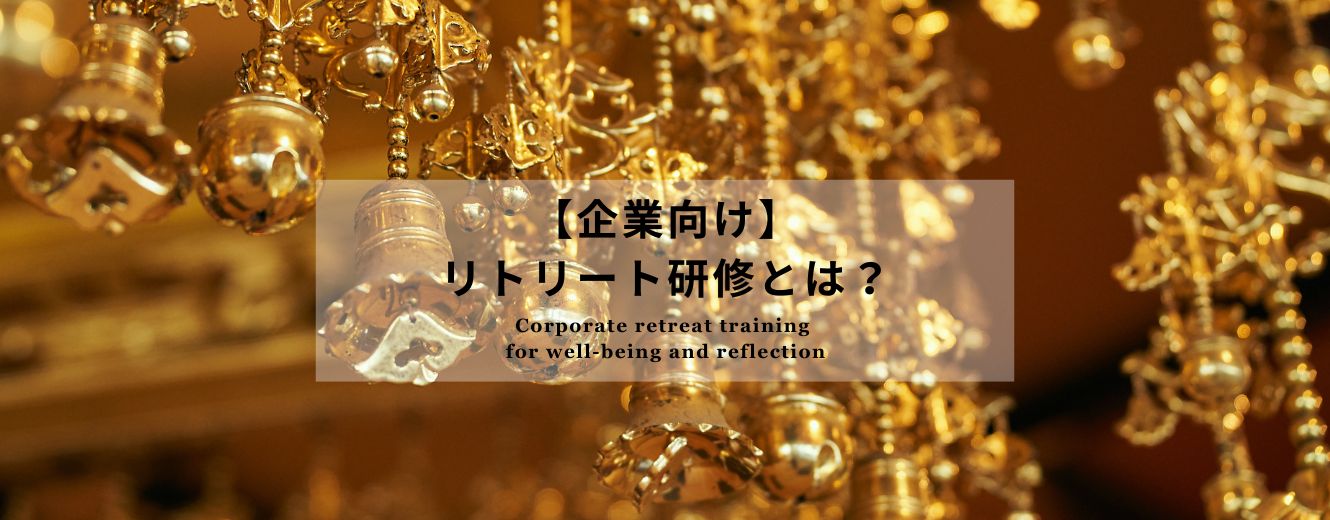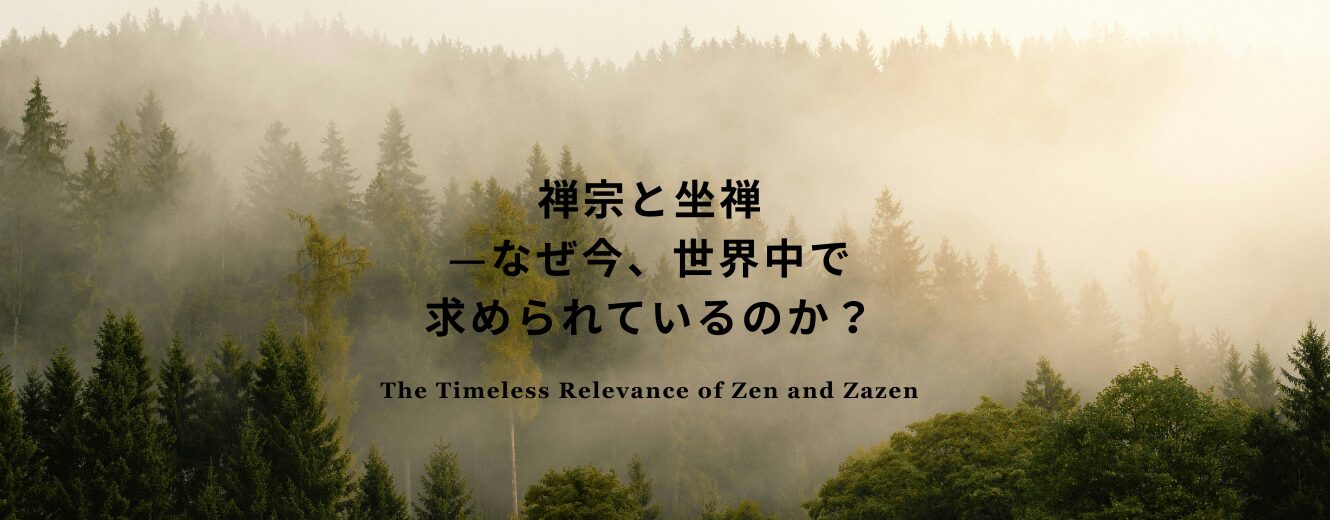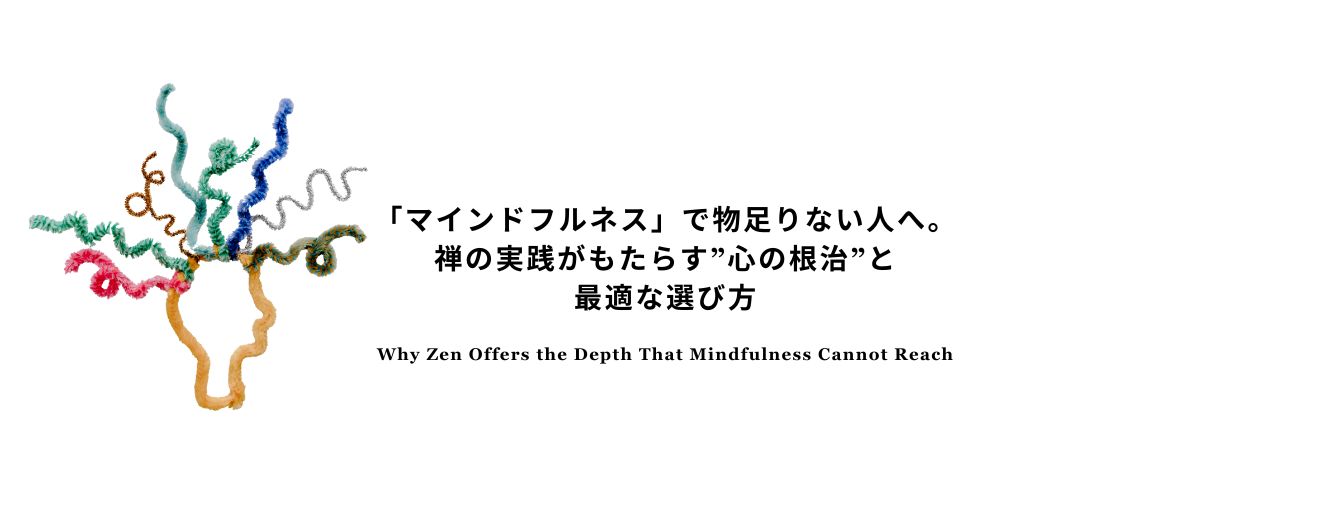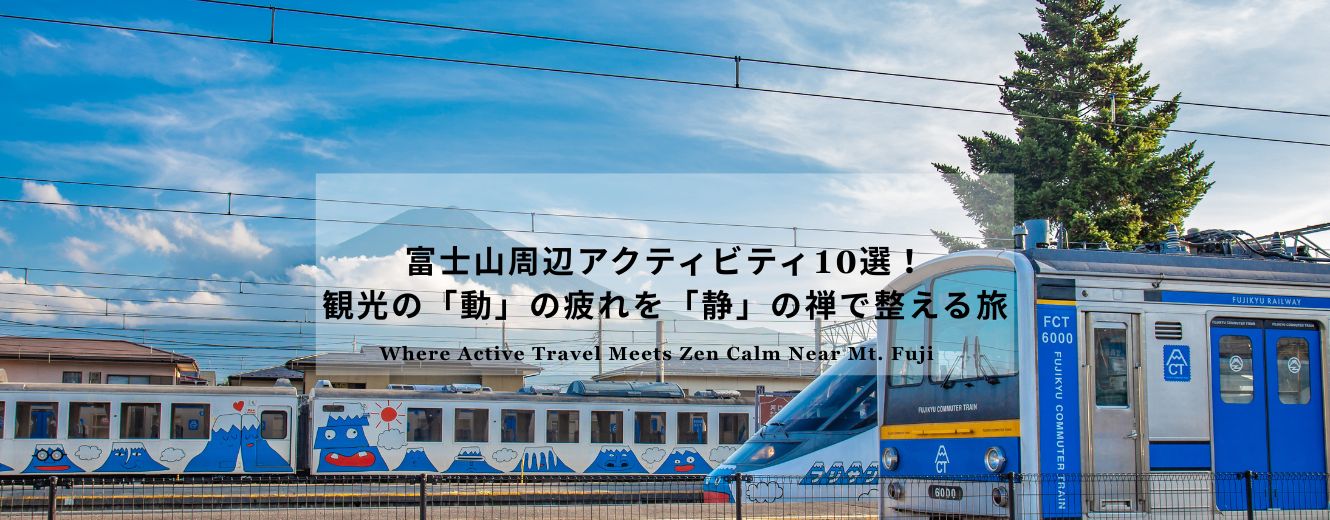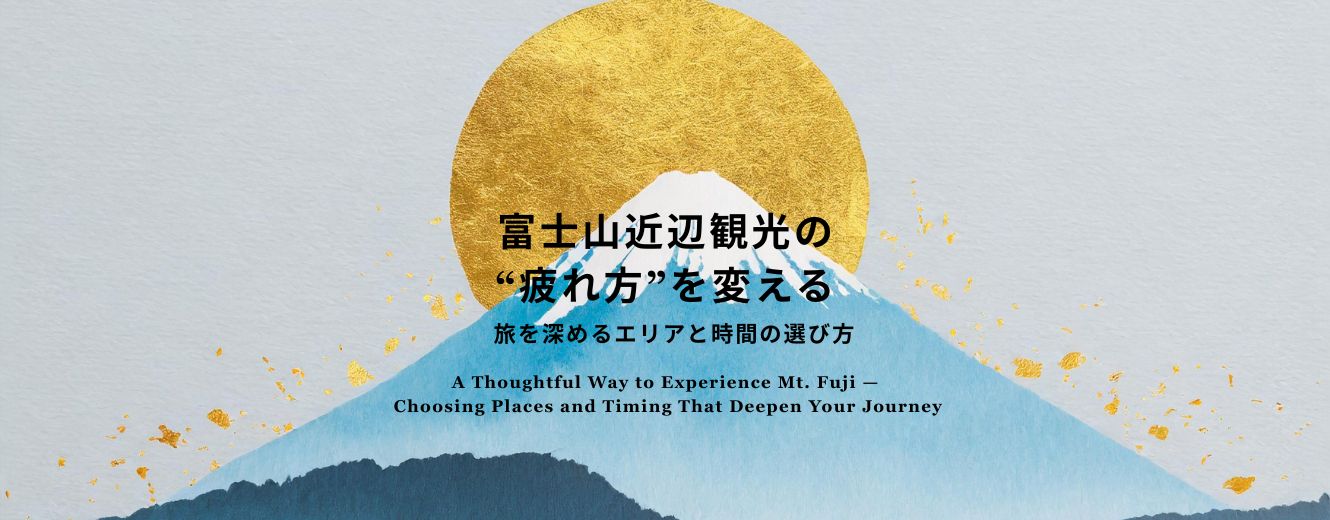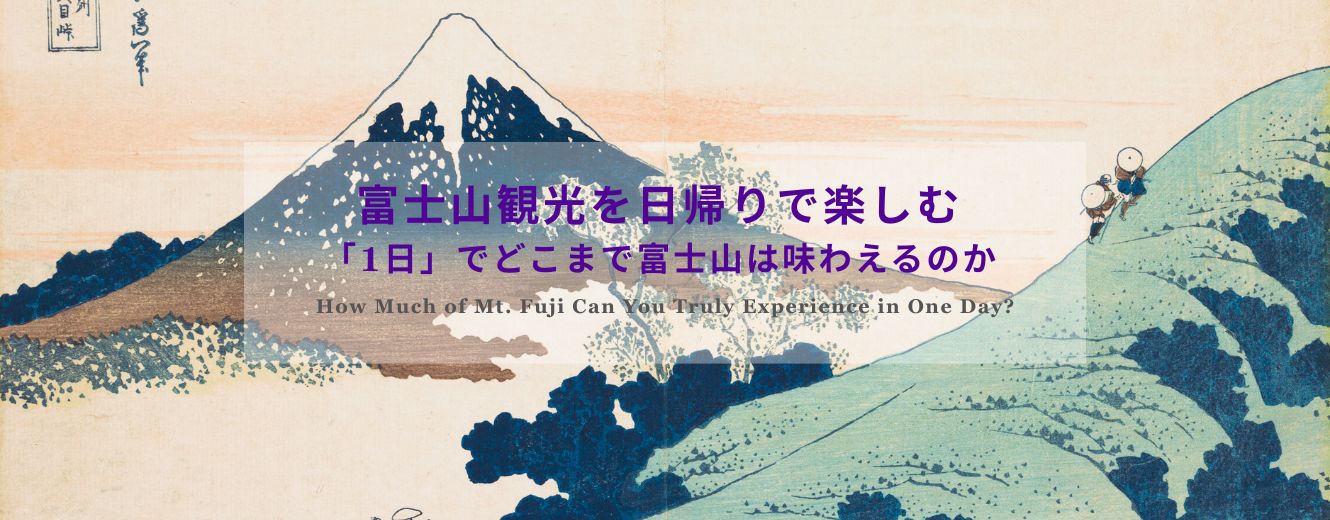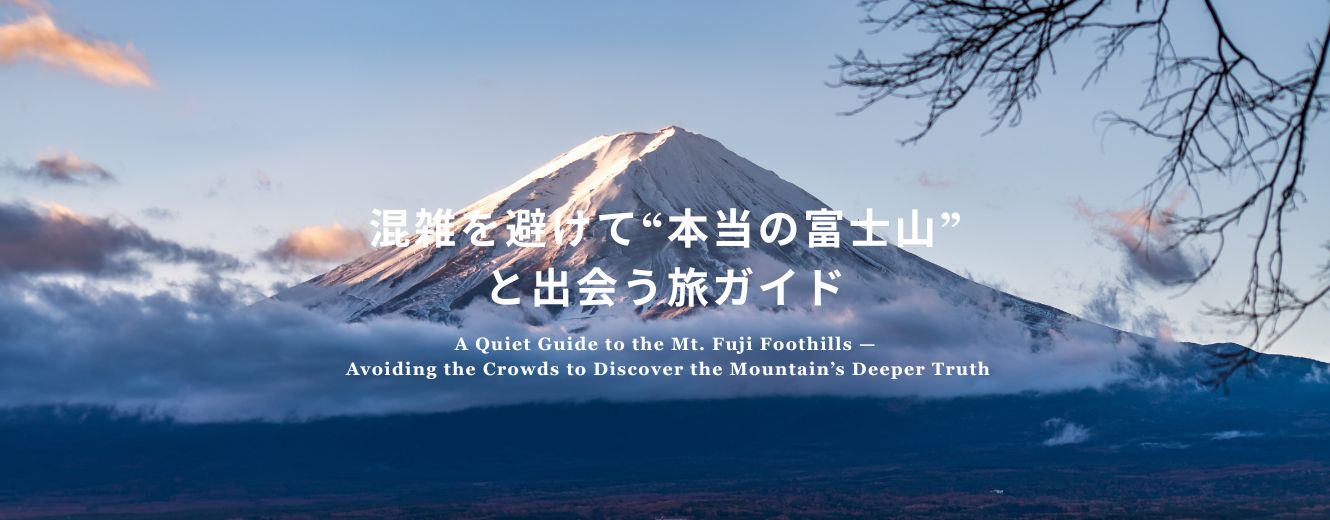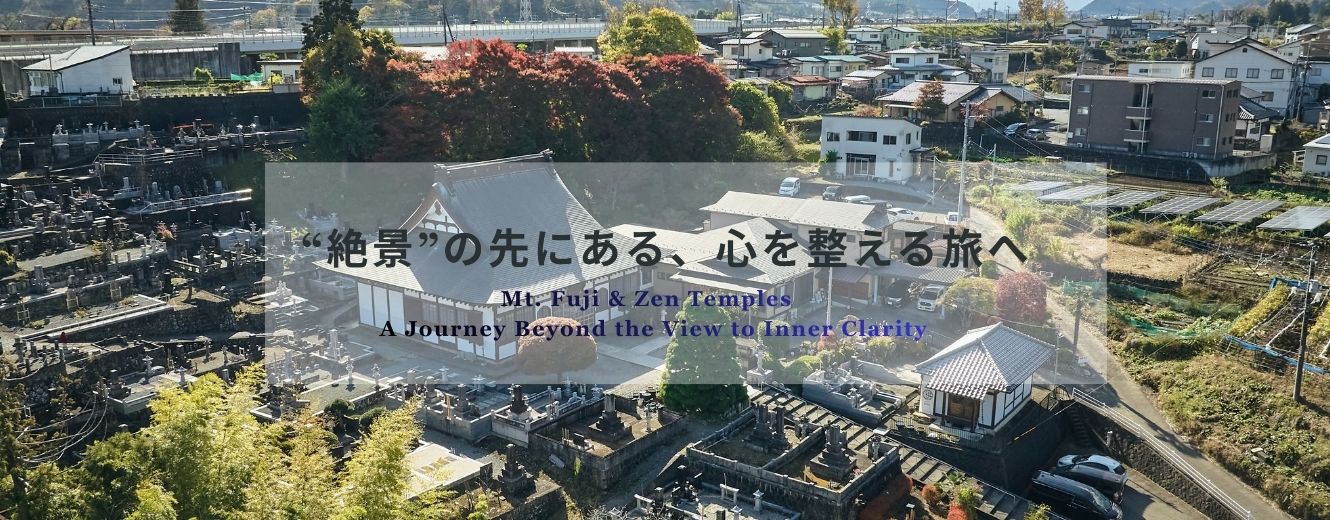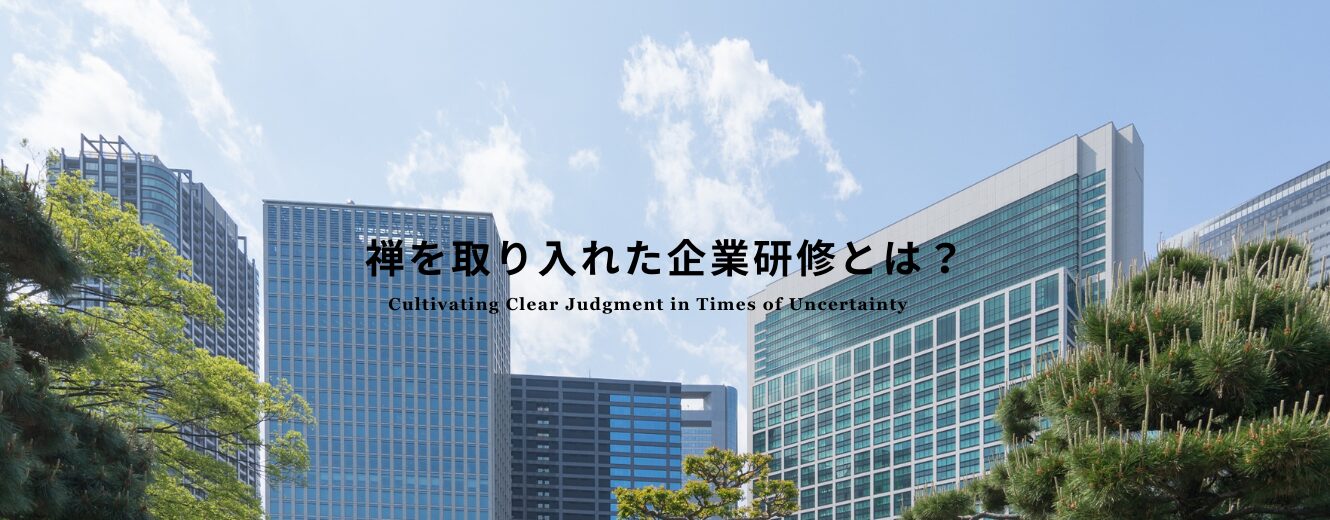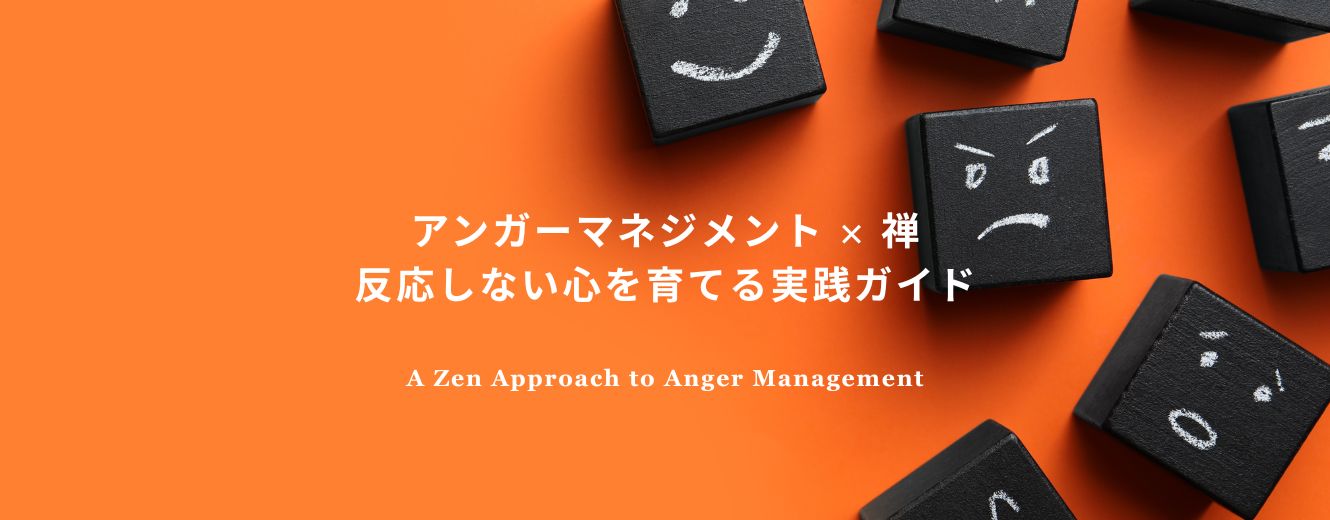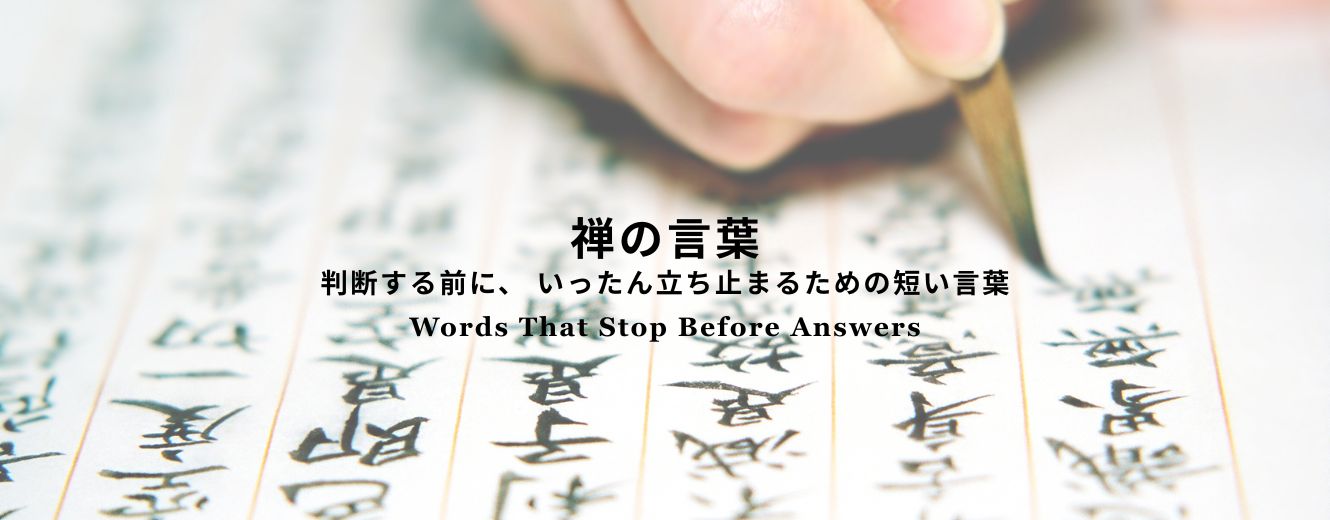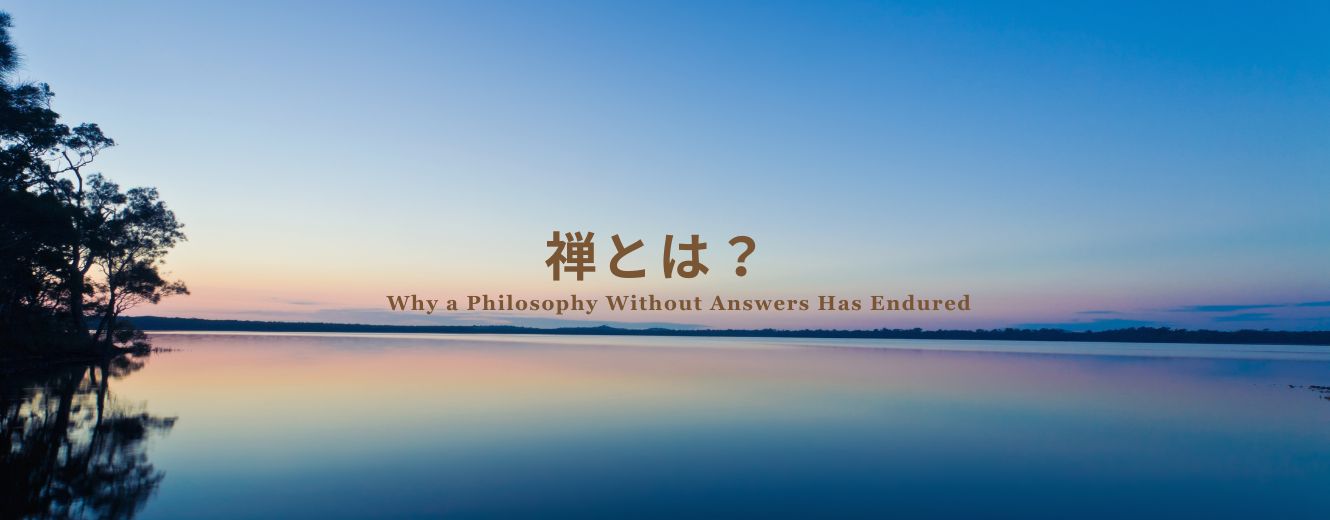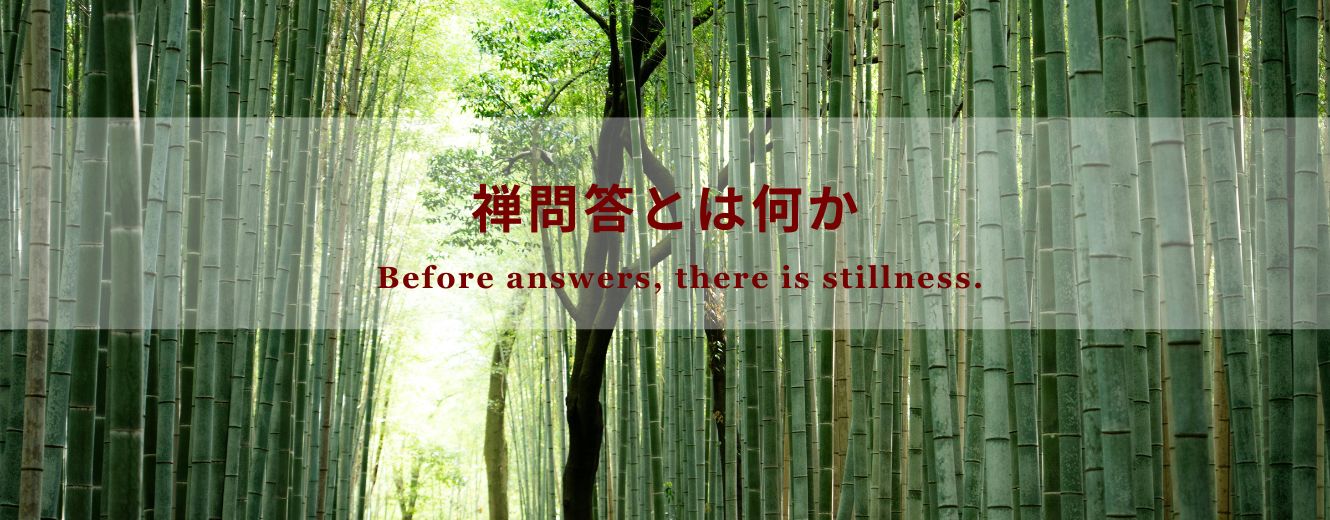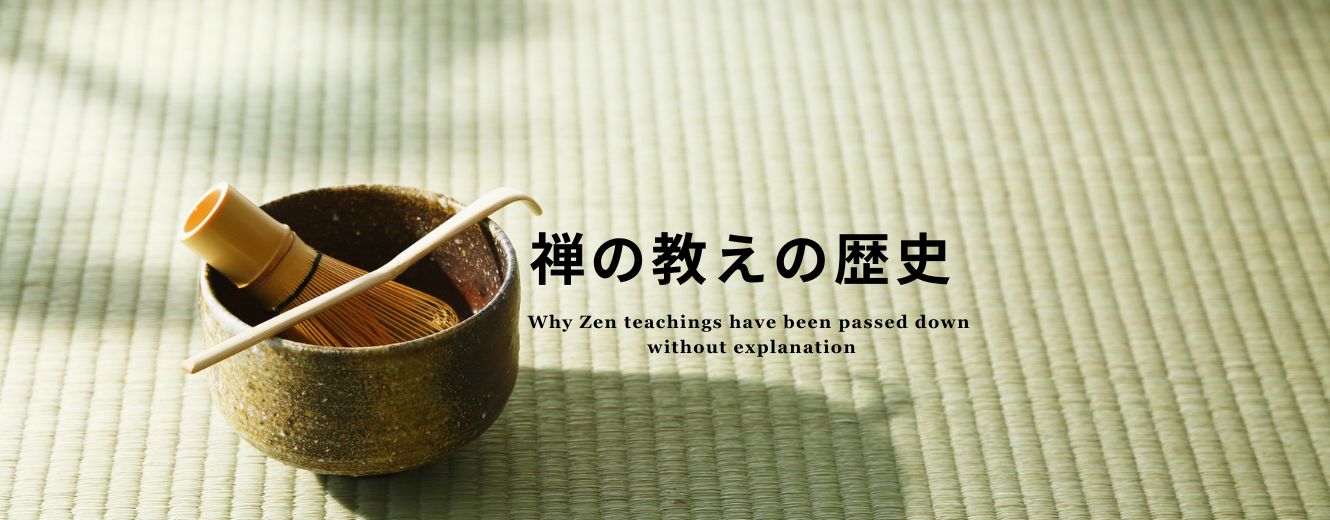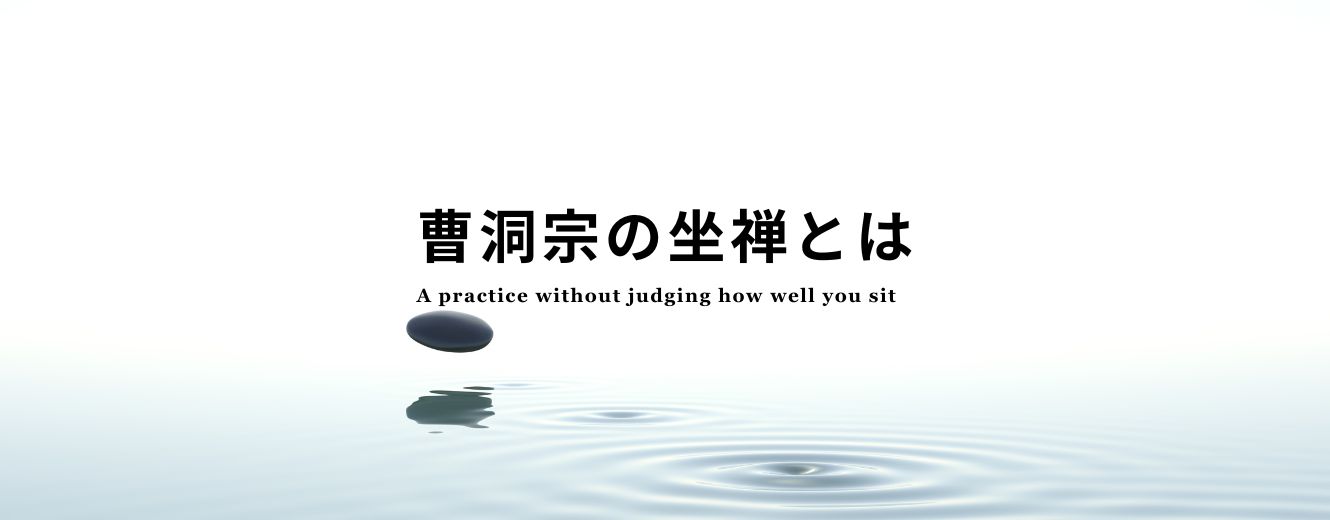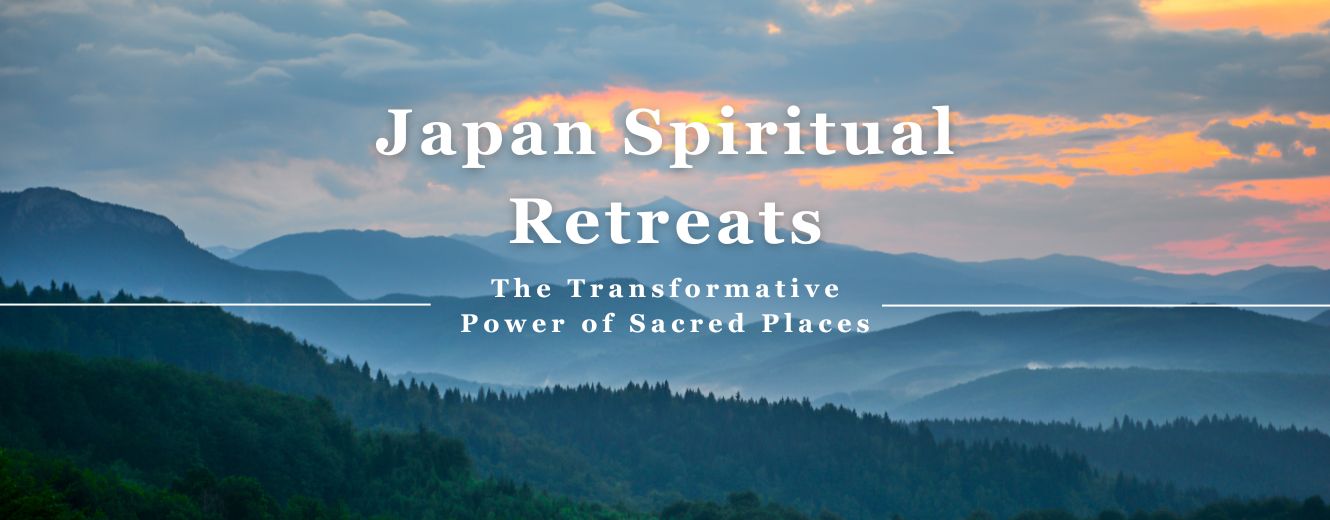
Japan Spiritual Retreats — The Transformative Power of Sacred Places
Introduction — What Is a Japan Spiritual Retreat?
In recent years, spiritual retreats in Japan have drawn growing attention from travelers worldwide. Many people seek a pause from the busyness of work and daily life, choosing to journey to Japan to restore balance of body and mind.
Japan offers diverse forms of spiritual retreats:
- Zen meditation (zazen) and sutra copying at temples
- Purification practices such as waterfall meditation (takigyo)
- Forest bathing (Shinrin-yoku) and deep connection with nature
- Pilgrimage and prayer at ancient shrines and sacred mountains
At first glance, these experiences may seem different. Yet they all share a common thread: when we entrust ourselves to mountains, forests, water, and prayer, our breathing deepens and we begin to let go of unnecessary burdens.
Zen has a phrase, hōgejaku (放下着) — “put everything down.” In many ways, this is the essence of what people experience during a spiritual retreat in Japan.
👉 For travelers, these practices become more accessible through programs like those in our Meditation Retreat Japan guide
Why Japan’s Power Spots Are Central to Spiritual Retreats
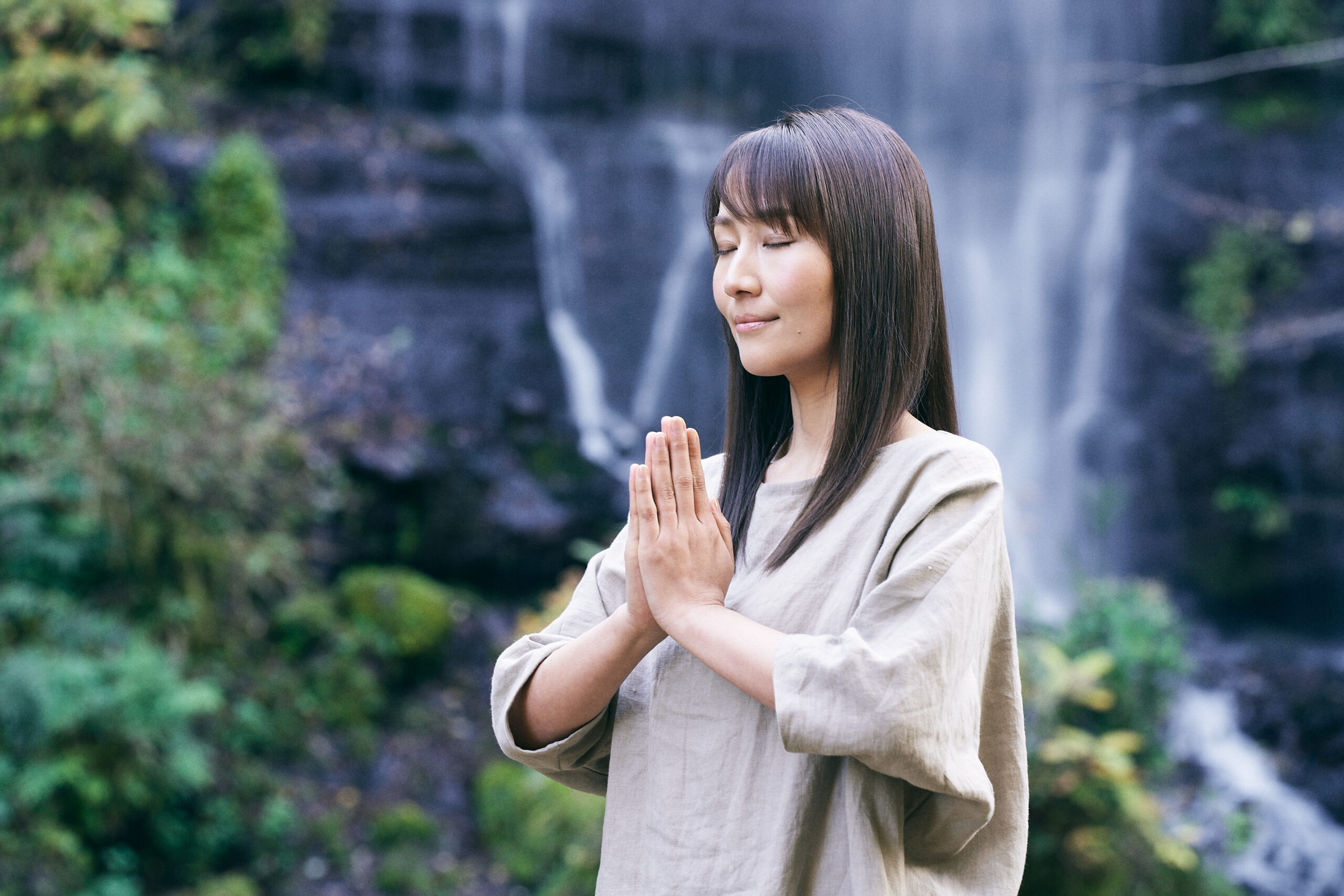
The spiritual energy of Japan’s power spots originates in ancient nature worship. Mountains, forests, waterfalls, and rivers were seen as dwelling places of divine power. Mountains were regarded as “closer to heaven,” while water was believed to purify both body and spirit.
Over time, this animistic worldview merged with Shinto and Buddhism, giving rise to Japan’s unique spiritual culture. Buddhism teaches the principle of interdependence (engi 縁起): nothing exists in isolation. Trees, soil, water, and humans all live through relationships of support.
As a monk, when I climb a mountain or listen to the sound of a waterfall, I feel clearly that my existence is sustained within countless connections of life. It is not an intellectual idea but an embodied realization that comes from breathing in nature.
Thus, visiting a power spot in Japan is not simply sightseeing. It is standing within the web of connections stretching from past to future, recognizing yourself as part of that living network.
👉 For travelers, these connections can be experienced directly in programs we introduce in our Japanese Meditation guide
Famous Japan Spiritual Retreat Destinations — Temples, Shrines, and Power Spots
Japan is home to many sacred places that help balance body and mind. Some of the most renowned include:
Mt. Fuji
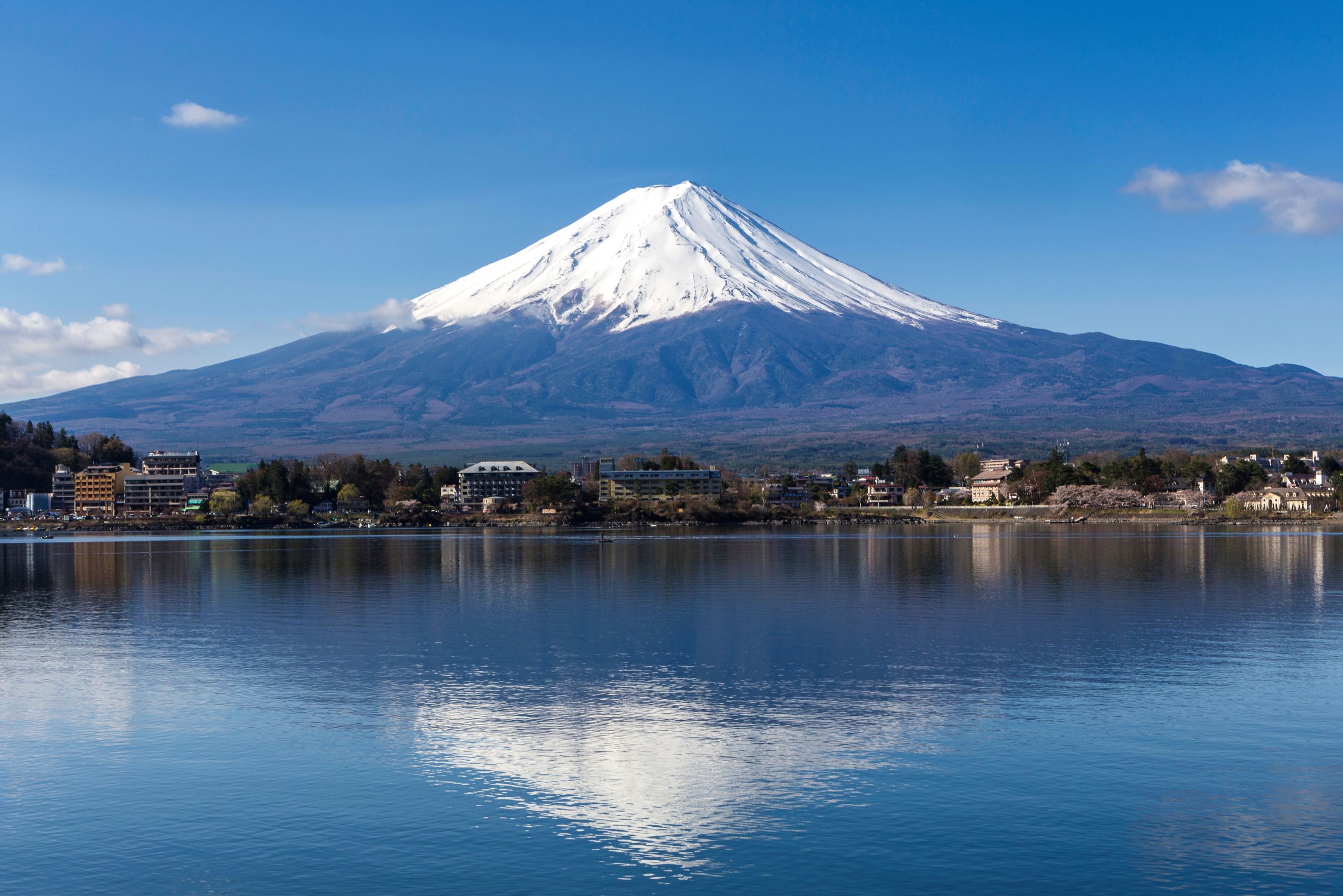
Japan’s most iconic sacred mountain. The pure spring water flowing from its foothills has long been used for purification. When you look up at Mt. Fuji, you sense both the vastness of nature and the smallness of yourself. During meditation at its base, I have felt as if I were being embraced by the great mountain itself.
Kumano Kodo
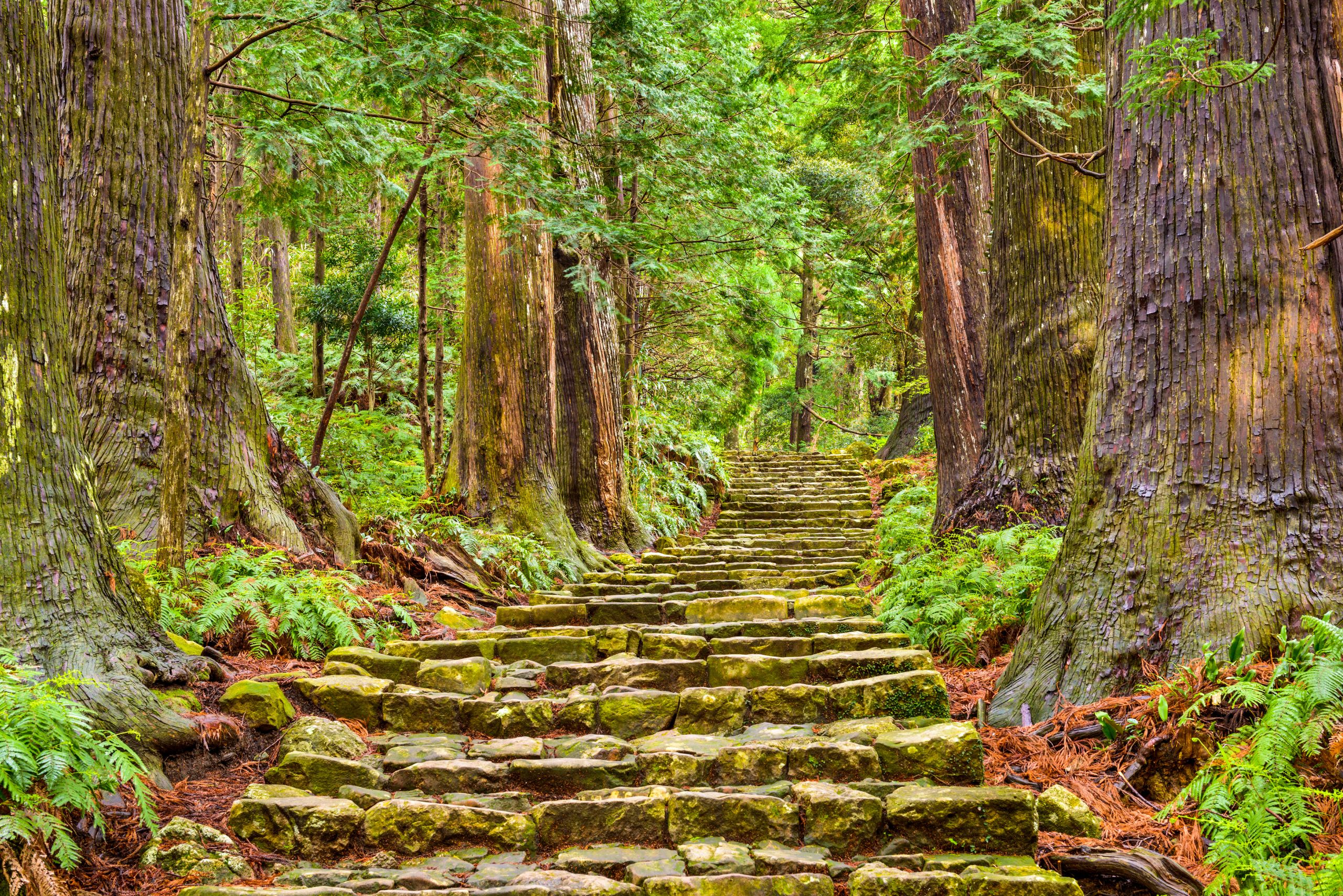
A UNESCO World Heritage pilgrimage route. Walking its moss-covered stone paths naturally deepens the breath and quiets the mind. Step by step, walking becomes meditation, and a sense of “being fulfilled simply by walking” arises.
Izumo Taisha
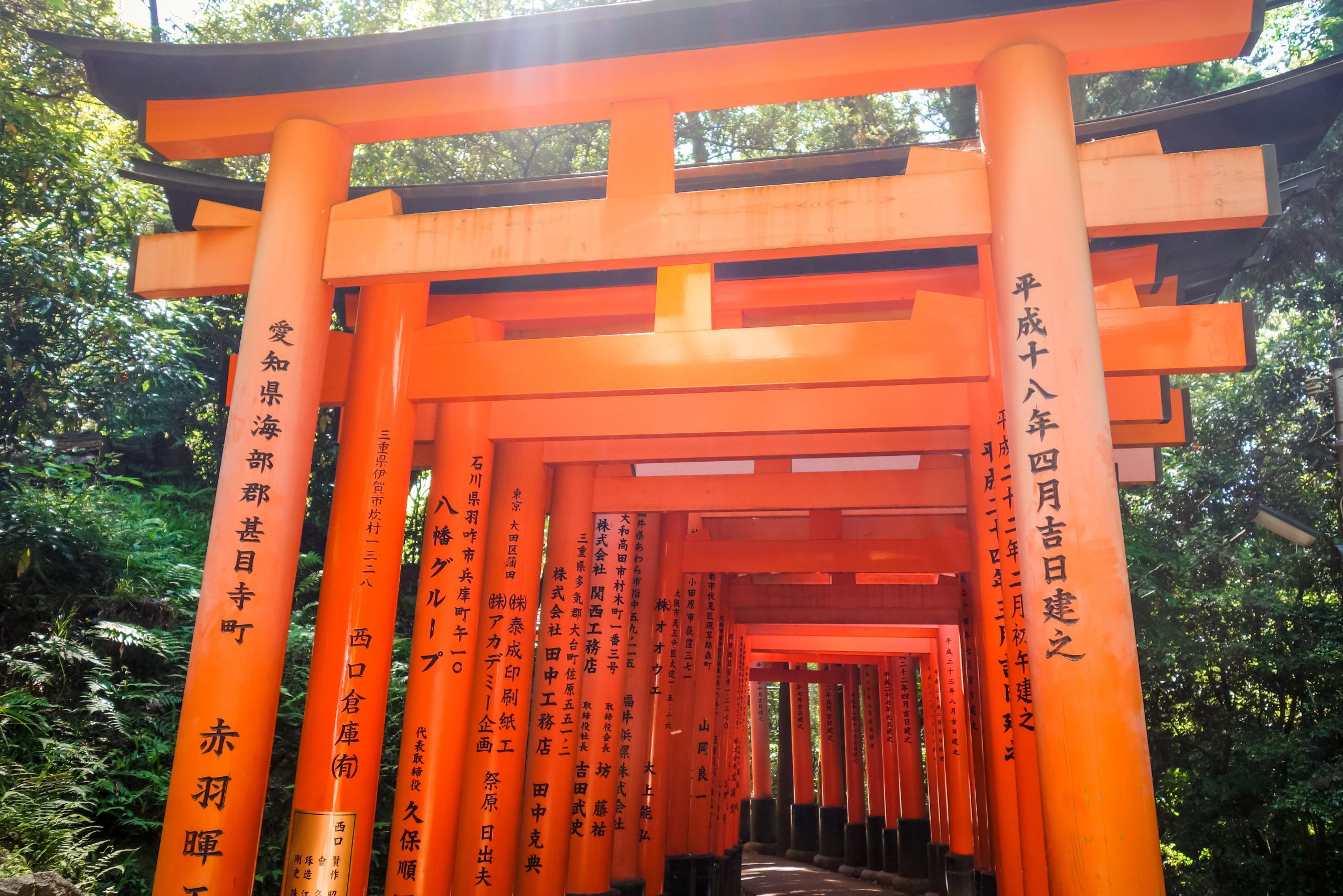
One of Japan’s oldest shrines, famed as the dwelling of the deity of connections (enmusubi). Prayer here is not only about ties with others, but also about reconnecting with yourself. Standing in the shrine grounds, you may naturally ask, “What do I wish to live connected to?”
Togakushi
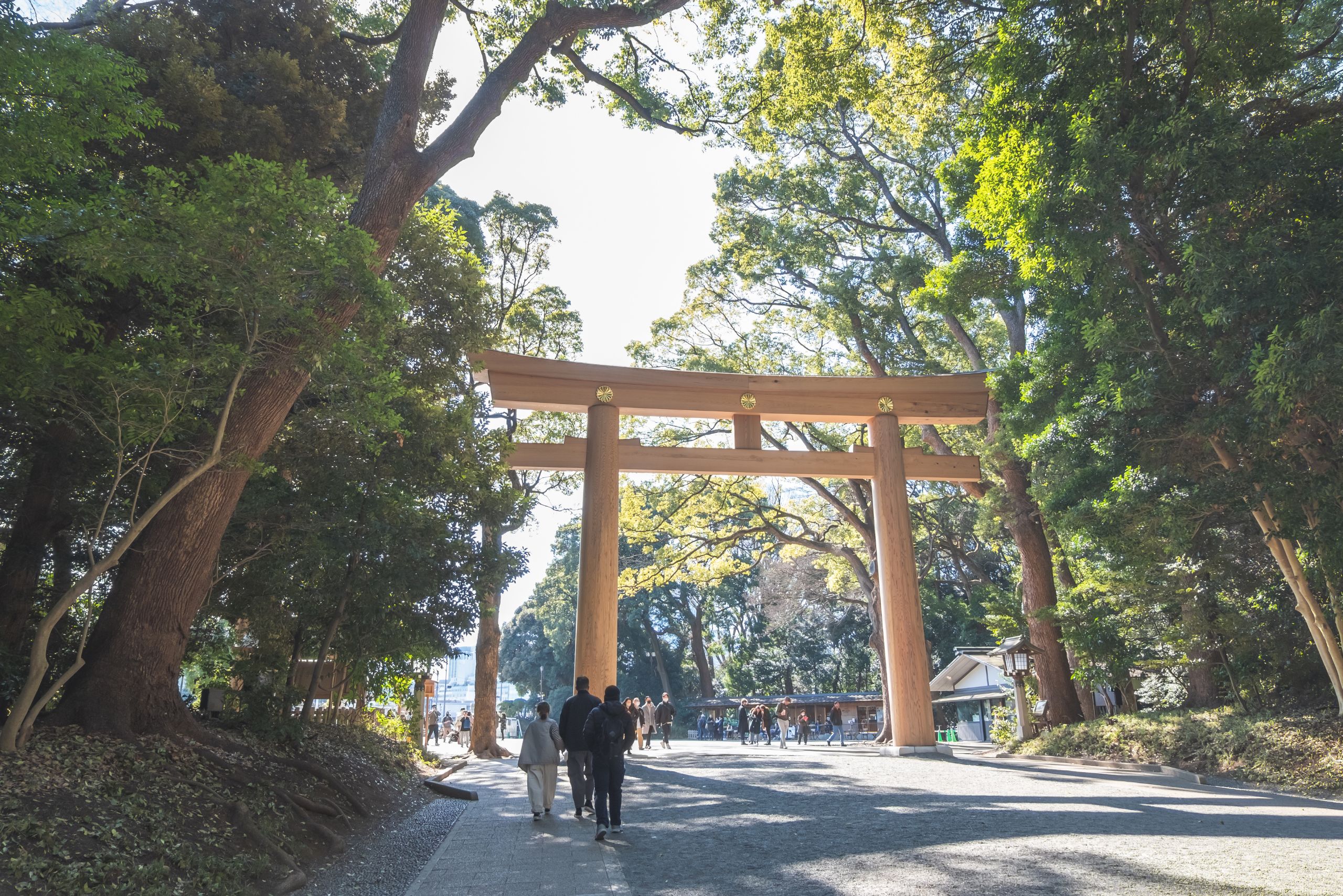
A sacred mountain range known for Shugendō ascetic practice. Trekking its steep paths tests the body and awakens hidden strength. Walking through the towering cedar avenue, I felt each tree stand silently like a monk, teaching by presence alone.
From Healing to Transformation — Japan Spiritual Retreat Experiences
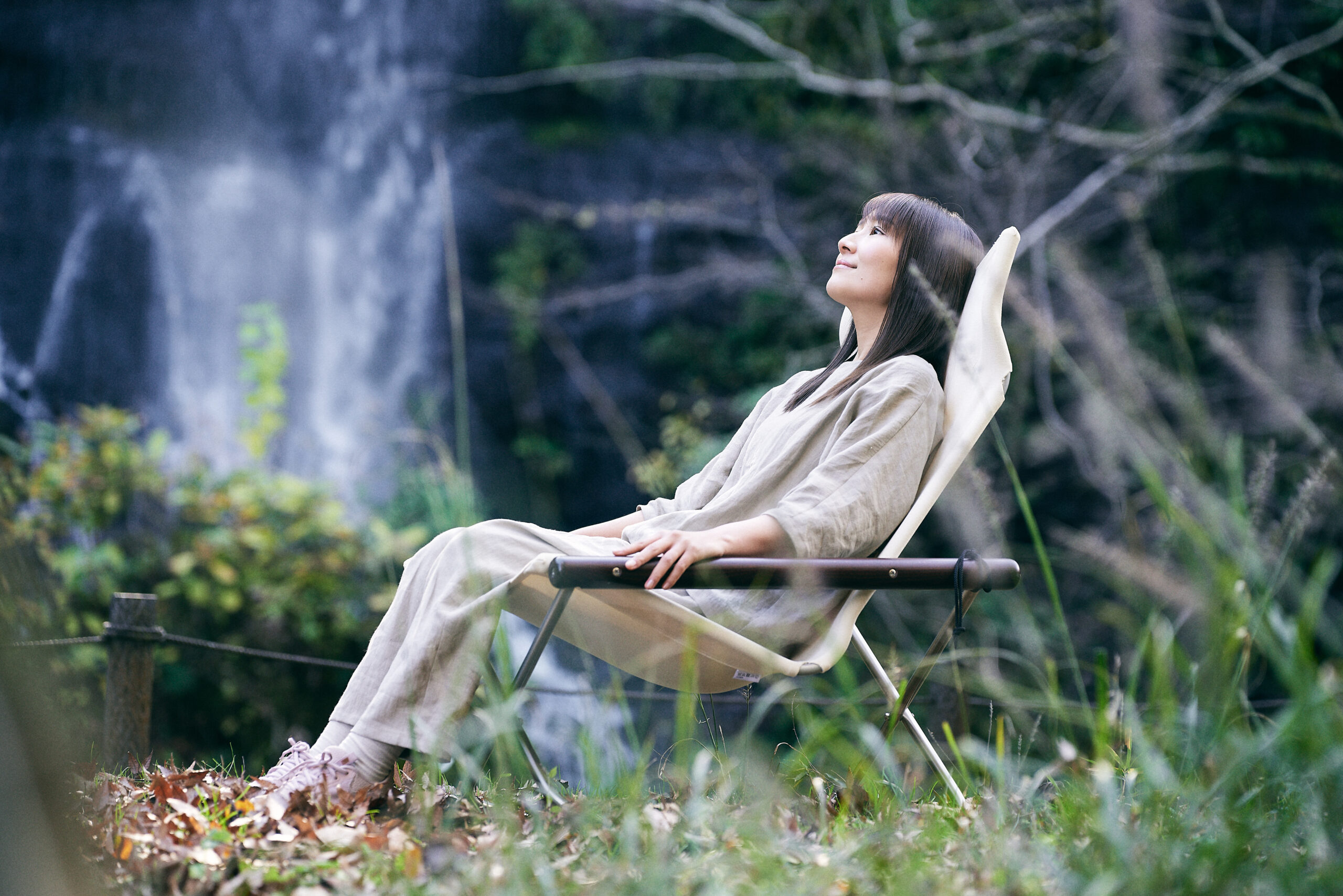
A Japan spiritual retreat offers more than healing. It can become an experience of transformation, a chance to reconsider how you live.
Touching the spring water of Mt. Fuji cleanses not only the body but also the heart. Walking quietly in the forest, you may begin to hear a subtle inner voice — a voice that reveals what truly matters.
We live in an age overwhelmed by information. This is why even a few hours of silence are essential. In Zen, the phrase hōgejaku — “let go” — reminds us that by sitting, walking, and breathing in nature, we can release what is unnecessary and return to our true selves.
When body and mind are balanced, compassion arises naturally. A spiritual retreat in Japan is not only for yourself, but also transforms how you relate to the world around you.
Zen Meditation Retreat in Japan — Koun-in Temple near Mt. Fuji
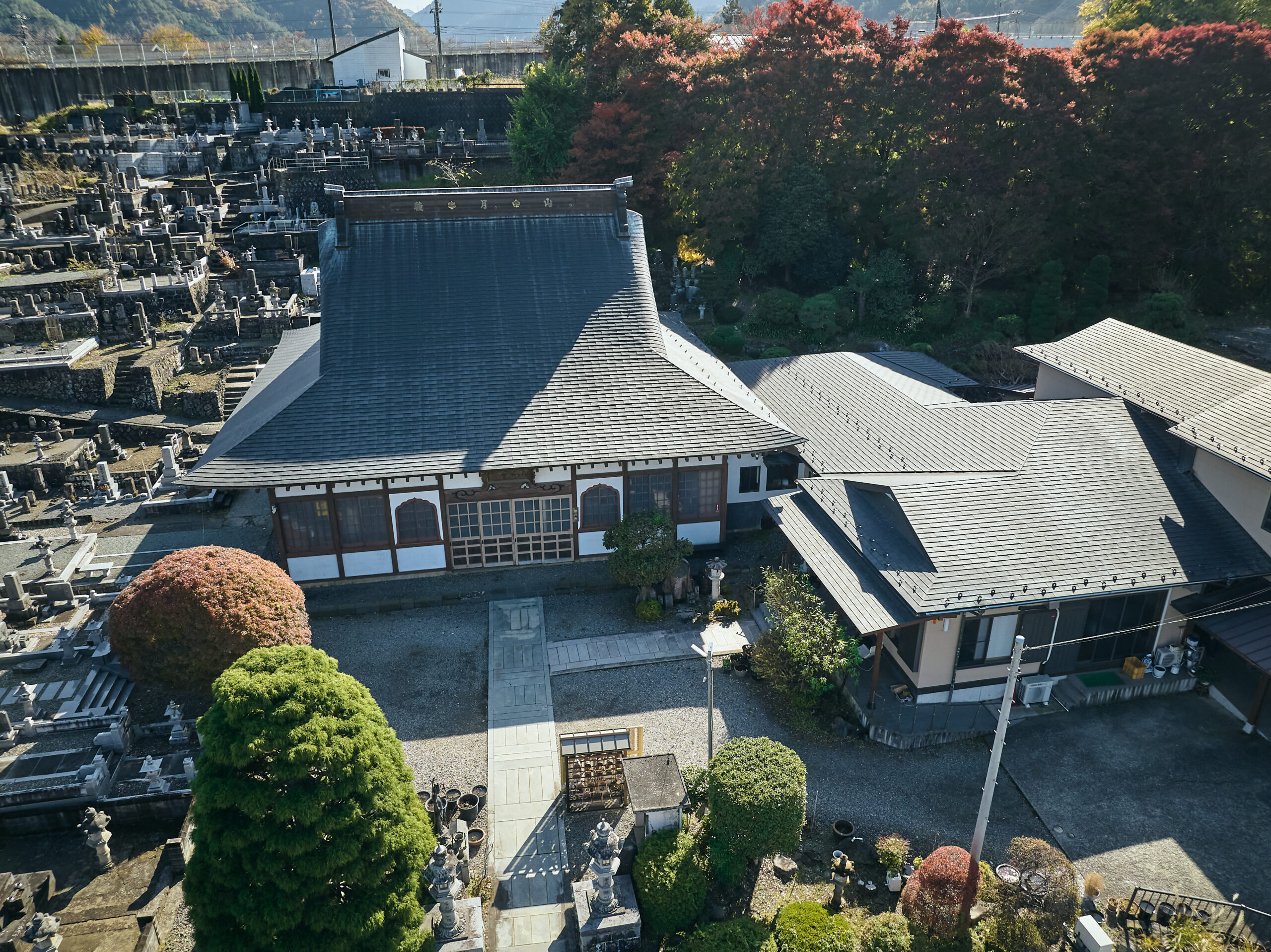
In Tsuru City, Yamanashi Prefecture, stands Koun-in Temple, a Soto Zen monastery founded in 1398. With over 600 years of history, it is surrounded by forests and fresh spring water near Mt. Fuji — a hidden spiritual sanctuary only 90 minutes from Tokyo.
Here, travelers can easily join an authentic Zen meditation retreat. Designed to be accessible even for beginners, the program offers a genuine taste of Soto Zen practice in a short time.
👉 Visit the official page: Koun-in Temple Zen Retreat
Traveler-Friendly Program — Zen Meditation Retreat at Koun-in Temple
- Duration: 3–4 hours (easy to join during travels)
- Location: Tsuru City, Yamanashi (near Mt. Fuji)
- Fee: ¥10,000–¥15,000 (depending on options)
- Access: 90 min from JR Shinjuku (Tokyo), 35 min from Lake Kawaguchi, 8 min walk from Higashikatsura Station
Sample Program Flow
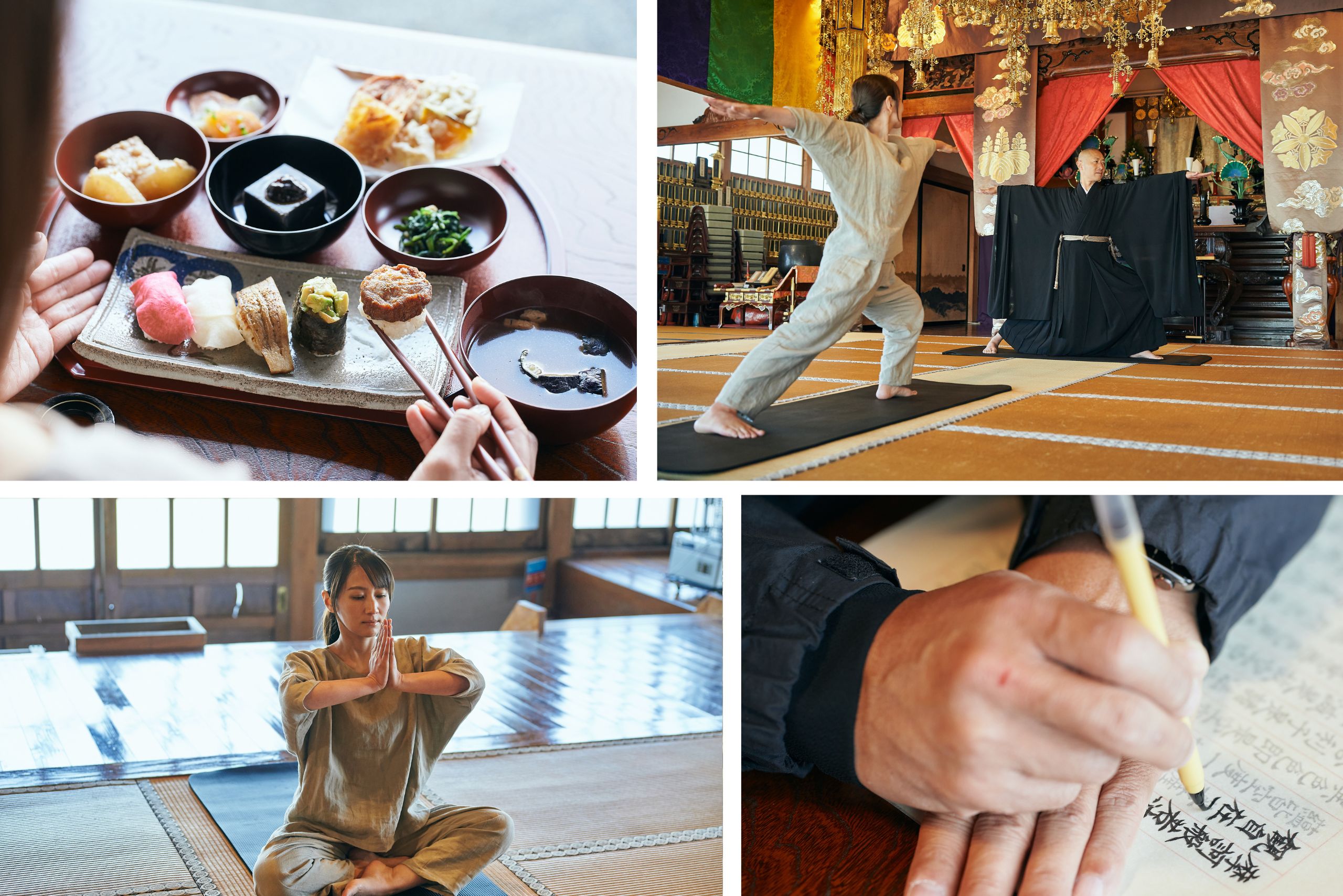
- Welcome and gentle instruction in zazen (tatami meditation hall)
- Light yoga and stretching to prepare the body
- Optional sutra copying (shakyo) for mindful focus
- Short Dharma talk (English available)
- Shojin ryori option — mindful temple cuisine with local ingredients
Even within a short visit, participants often find their perspective shifting. Through zazen and mindful breathing, familiar landscapes appear in a new light. Many have told me, “The scenery looked completely different afterward.” What changed was not the outside world, but the clarity within.
A Personal Note — Let Me Be Your Guide
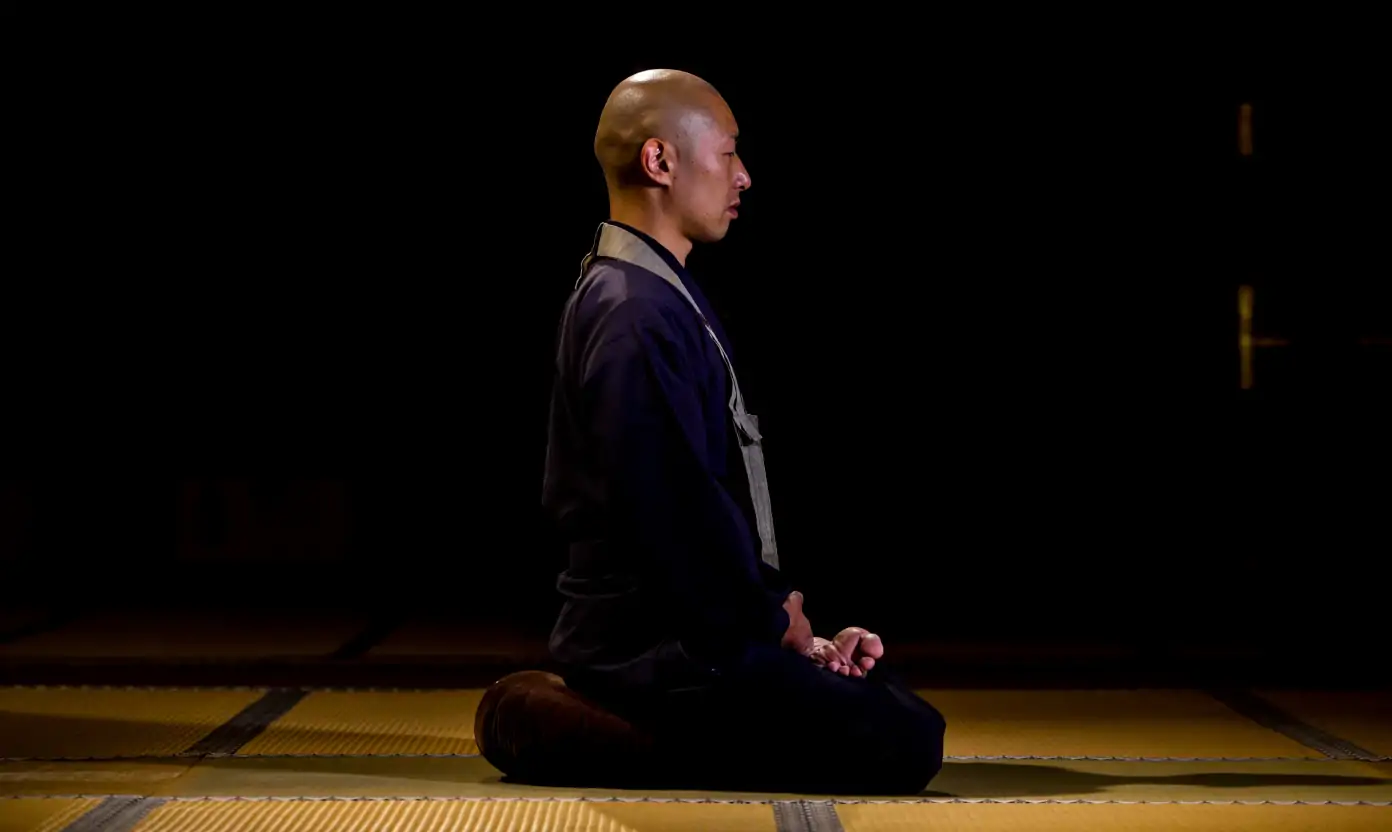
Hello, my name is Rev. Chiken Kawaguchi, Vice Abbot of Koun-in Temple.
Though I was born into a temple family, in my youth I wanted to leave temple life behind. At university, I immersed myself in surfing and fashion. Yet a longing to connect more deeply with myself eventually led me to undergo four years of rigorous training at Eiheiji, the head temple of Soto Zen.
Through practices like zazen and preparing shojin ryori (temple cuisine), I learned the importance of living fully in the present moment. At first, I disliked meditation. But over time, I was freed from the duality of like and dislike, and discovered quiet stillness simply by sitting.
Modern life burdens us with roles, information, and constant stress. I was no exception. This is why I believe the wisdom of Zen can lighten the heart of anyone today.
Now I share Zen through online meditation sessions, yoga-and-Zen retreats, and community work such as a children’s cafeteria. I also co-produced and starred in the film Tenzo, which was screened at the Cannes Film Festival, sharing a glimpse of Zen with the world.
Through this retreat, I hope you may also restore balance of body and mind, and rediscover quiet happiness in everyday life.
FAQ — Joining a Japan Spiritual Retreat at Koun-in Temple
Can I join alone?
Yes, solo participants are warmly welcome. Beginners can feel at ease.
How long is the program?
About 3–4 hours, making it easy to fit into your travels.
Is English guidance available?
Yes, simple English explanations are provided.
Is shojin ryori included?
It depends on the plan. With the meal option, you can experience mindful eating.
Is it suitable for beginners?
Of course. All that is needed is to “be present in the moment.”
Do I need to bring anything?
No special preparation is required. Comfortable clothing is enough.
How do I book?
Please make a reservation in advance via the official website.
Voices From Participants
—“The meditation retreat near Mt. Fuji was the highlight of my trip.”
—“More than sightseeing — it felt like touching the living spirit of Japanese culture.”
—“The combination of yoga and zazen was unforgettable.”
—“We joined as a couple. Sutra copying and temple food made it uniquely Japanese.”
—“As a senior traveler, I felt supported. Yoga prepared my body, meditation restored my energy.”
—“As a yoga practitioner, the blend of movement and stillness in an authentic Zen setting was powerful.”
Conclusion — Why Choose a Japan Spiritual Retreat
A Japan spiritual retreat is not just tourism or healing. It is an encounter with nature, tradition, and yourself.
Sacred places like Mt. Fuji, Kumano, and Izumo remind us of the interconnection of all life. And at Koun-in Temple’s Zen retreat, you can directly experience this spirit.
The stillness of meditation, the breath of the forest, the gratitude of mindful eating — all become ways to live fully “here and now.

